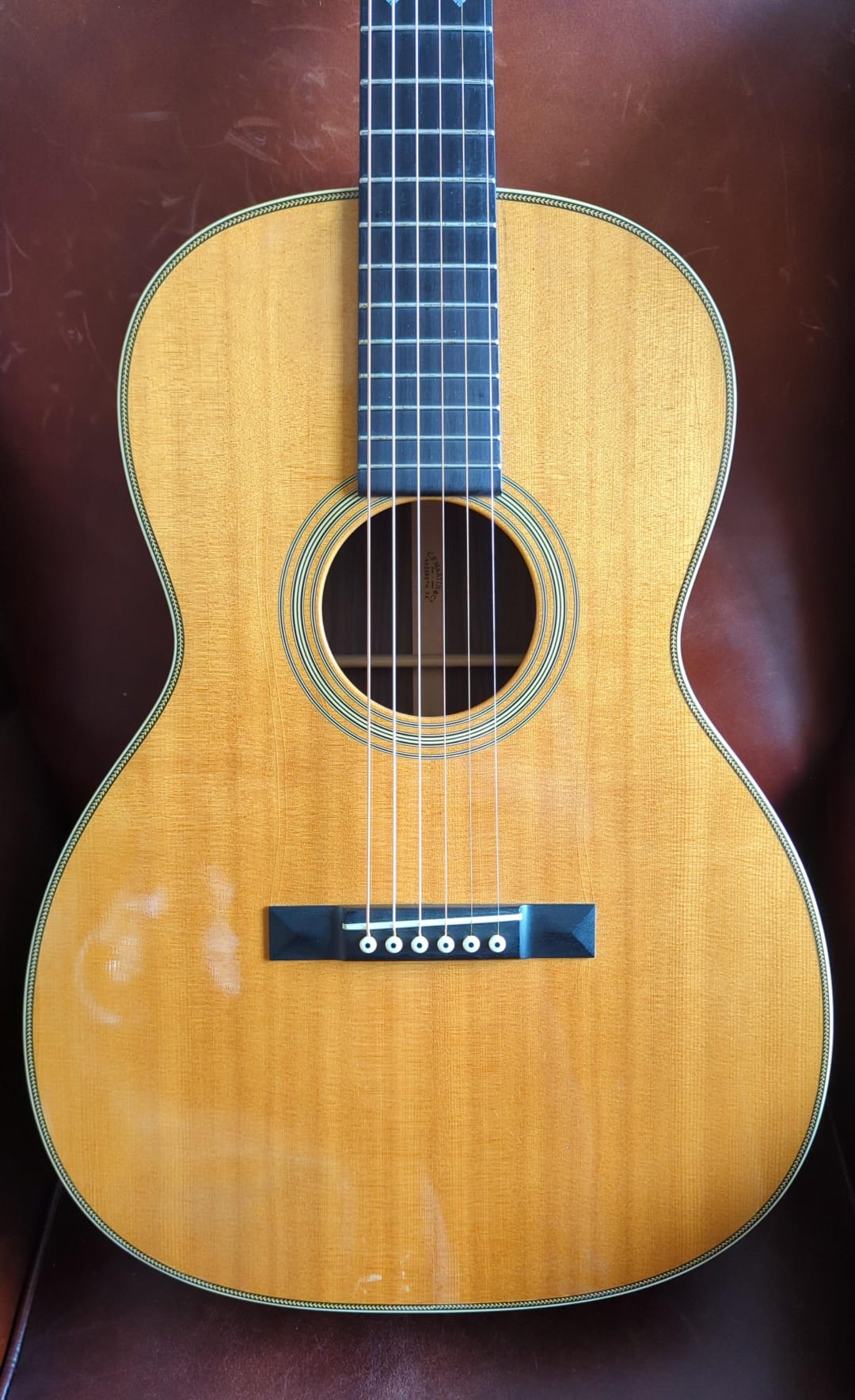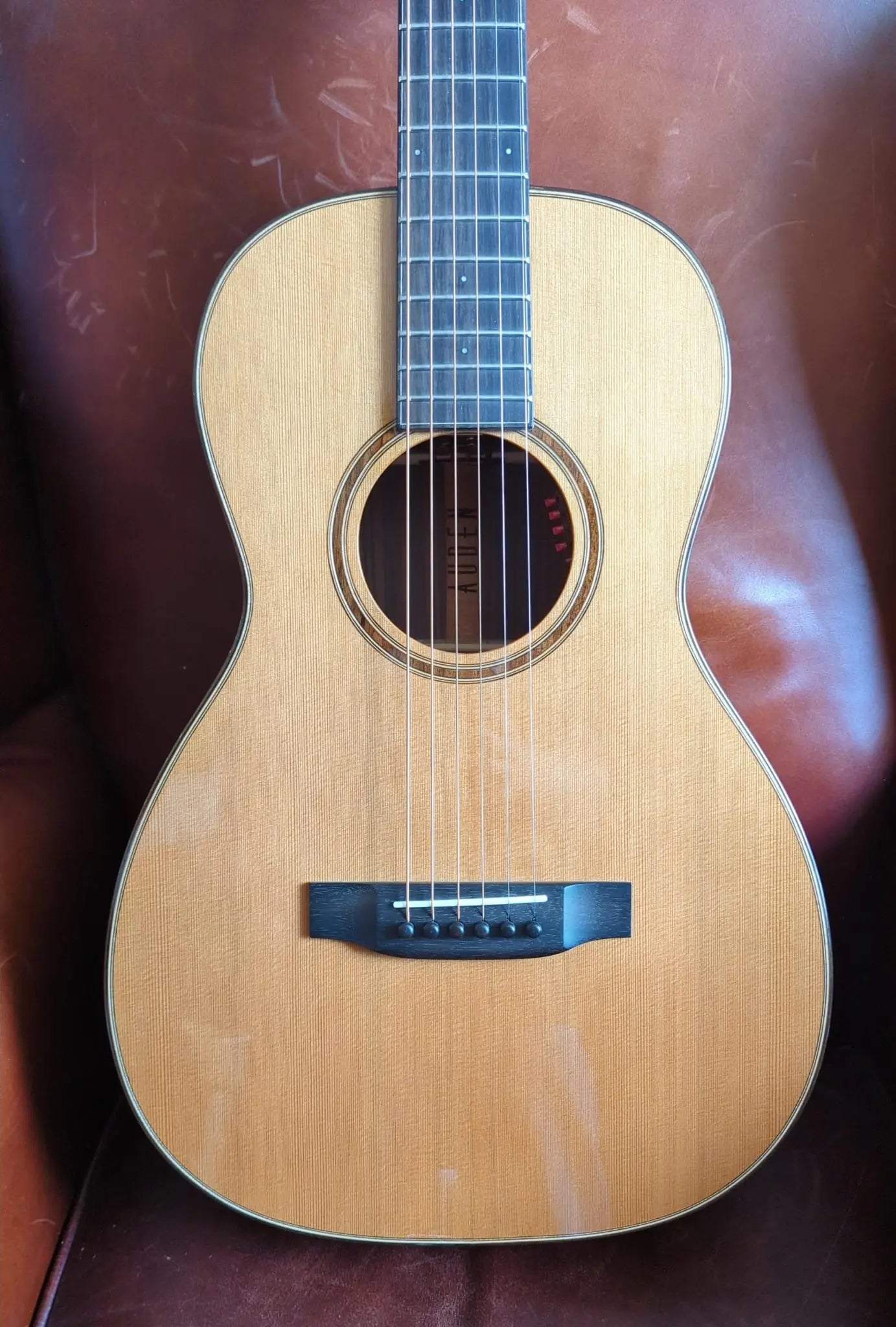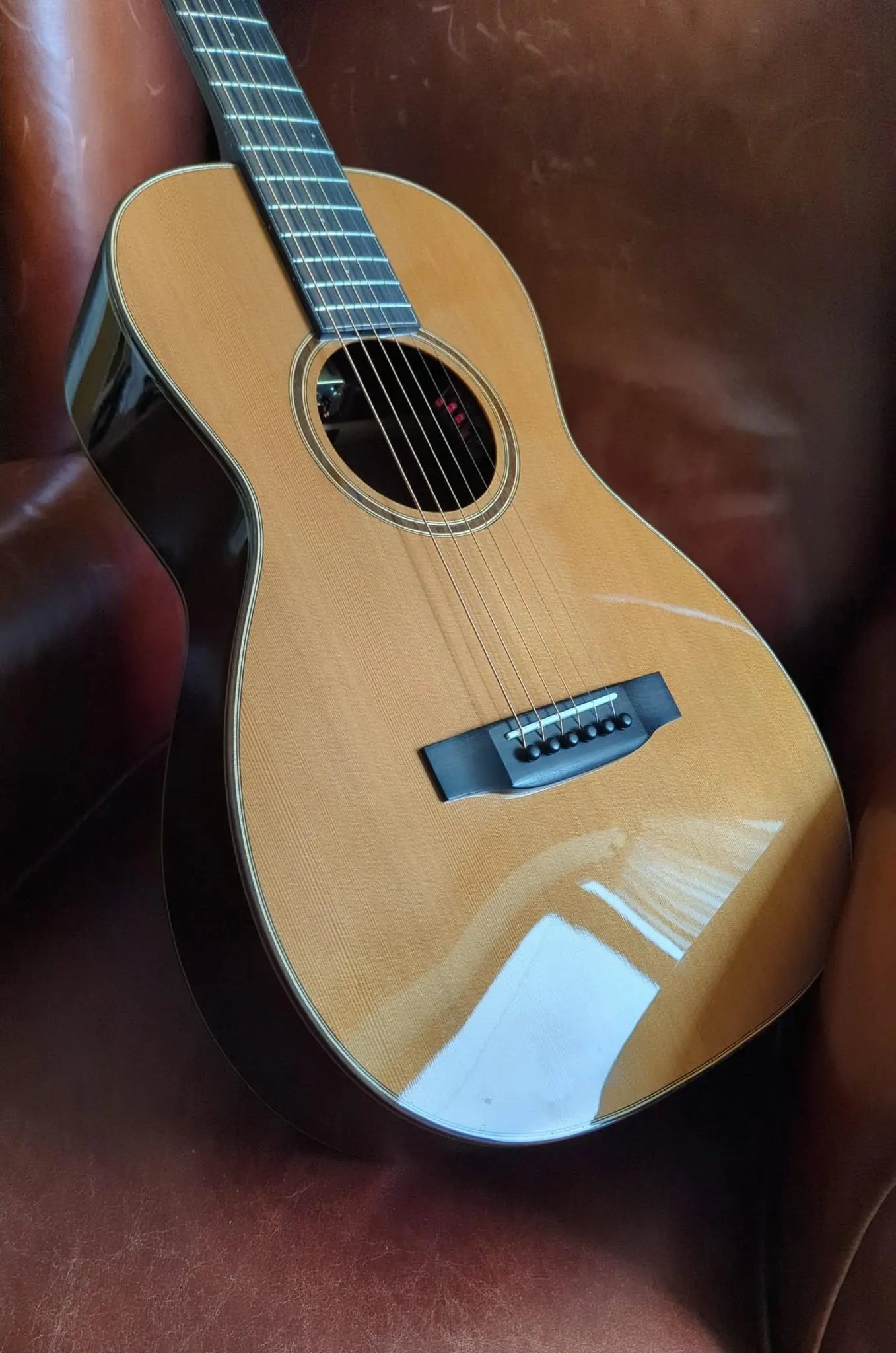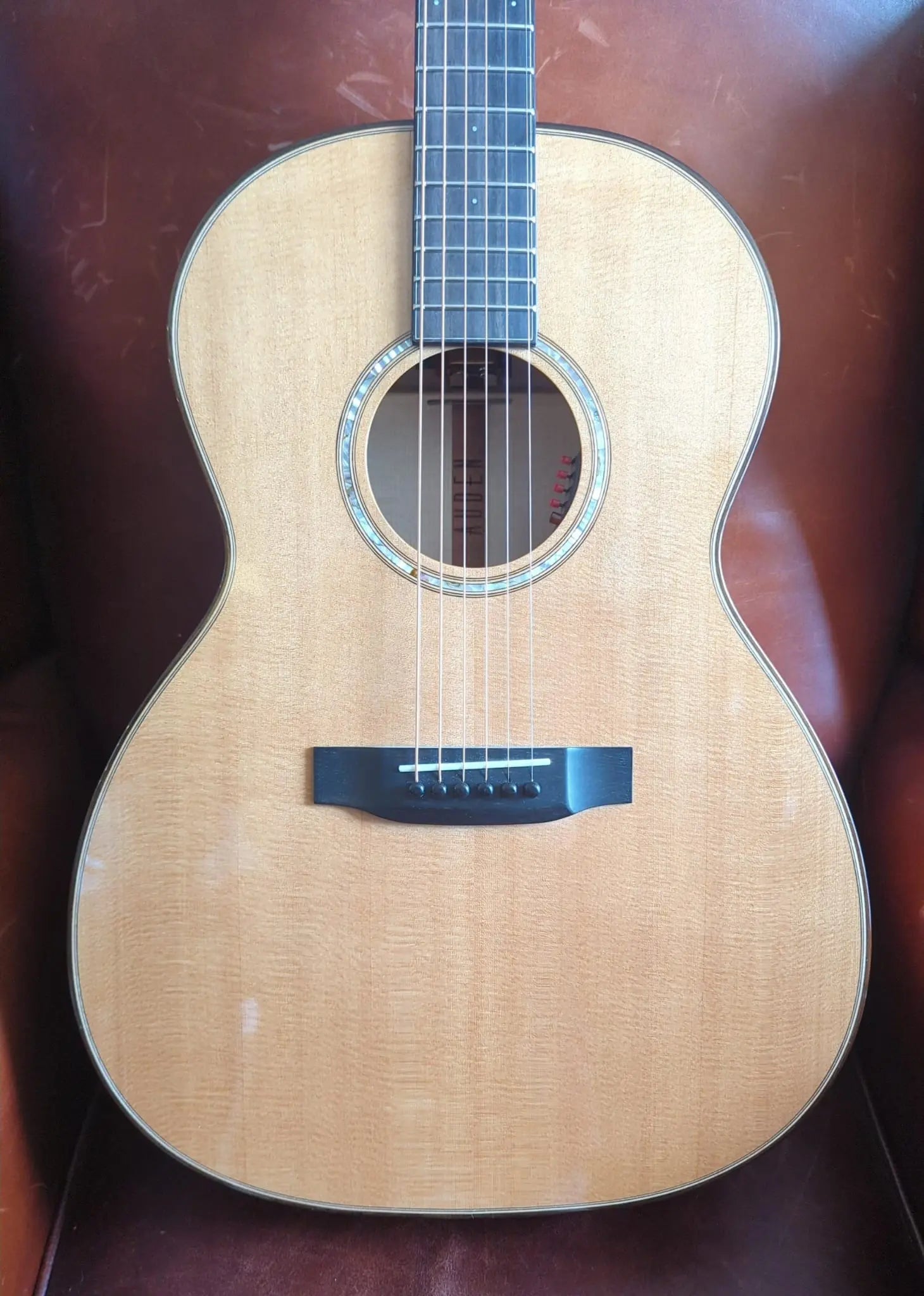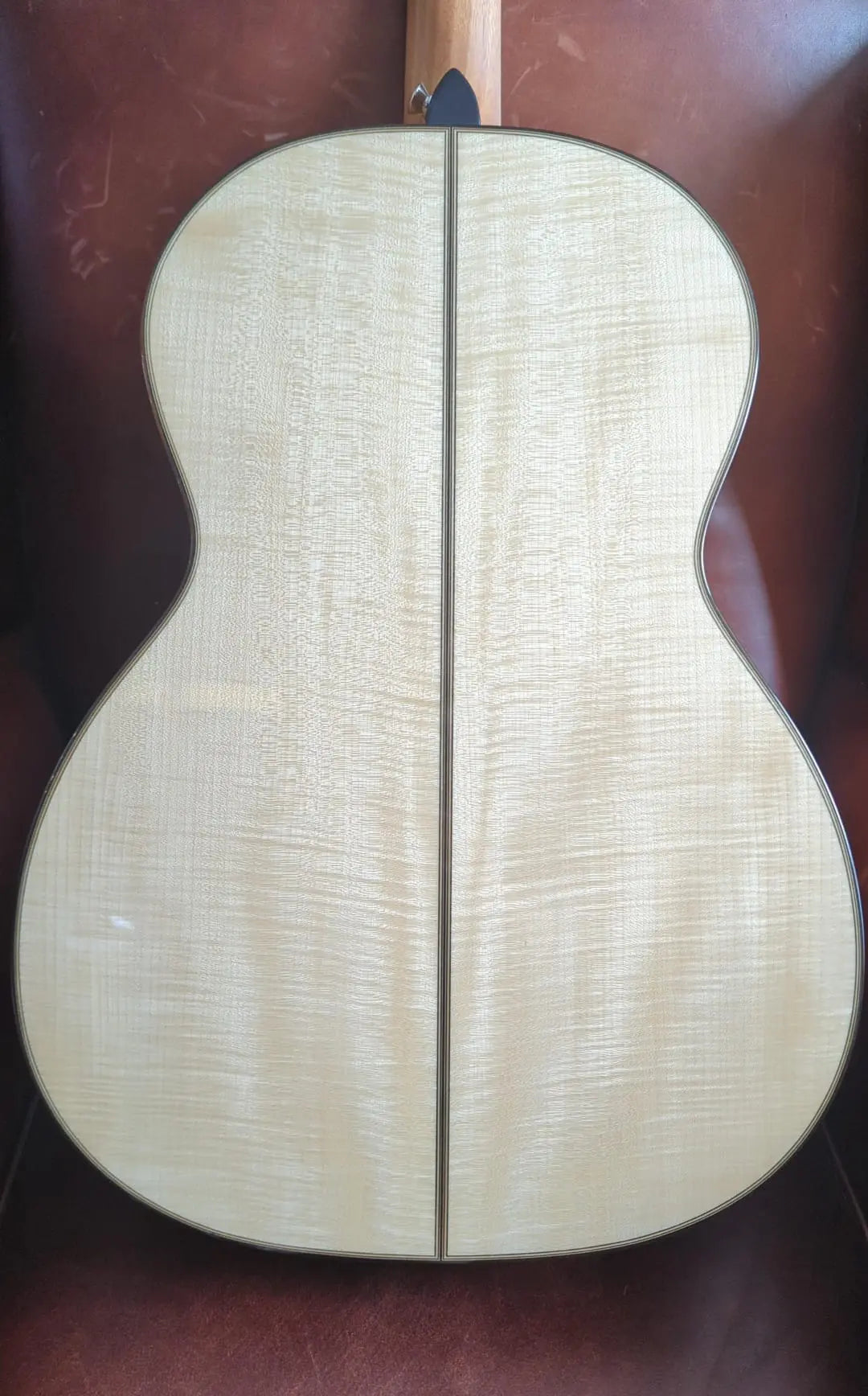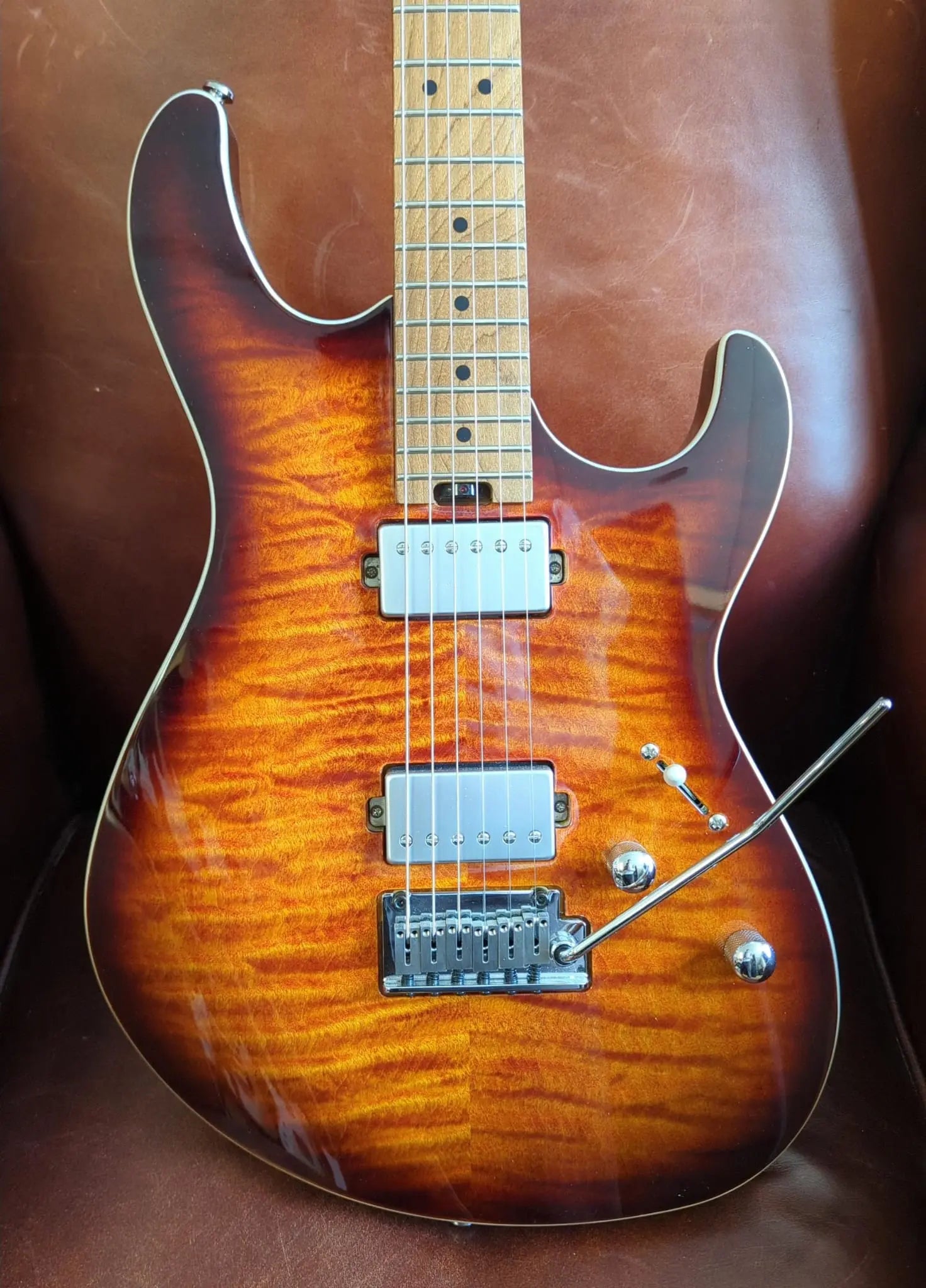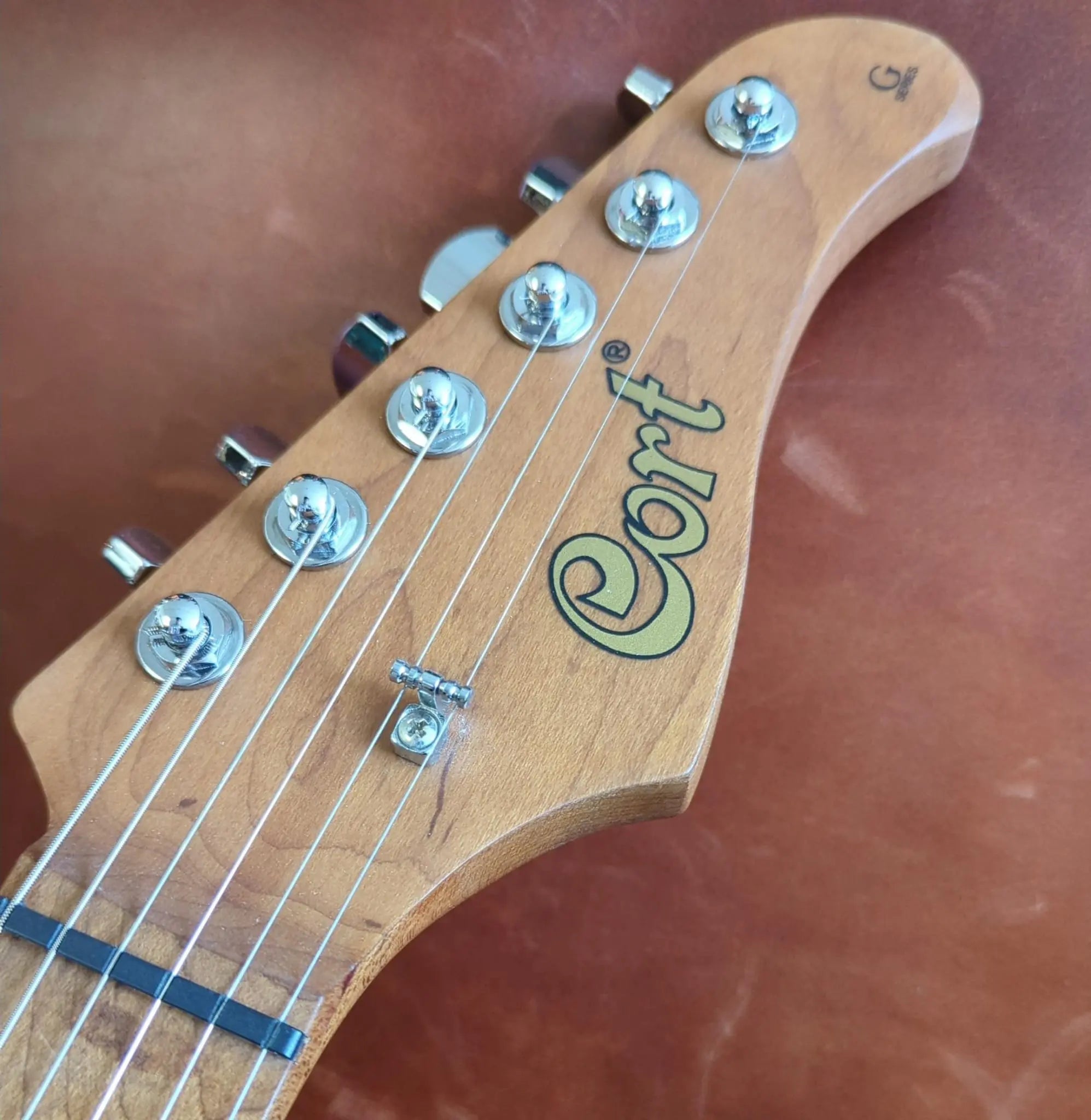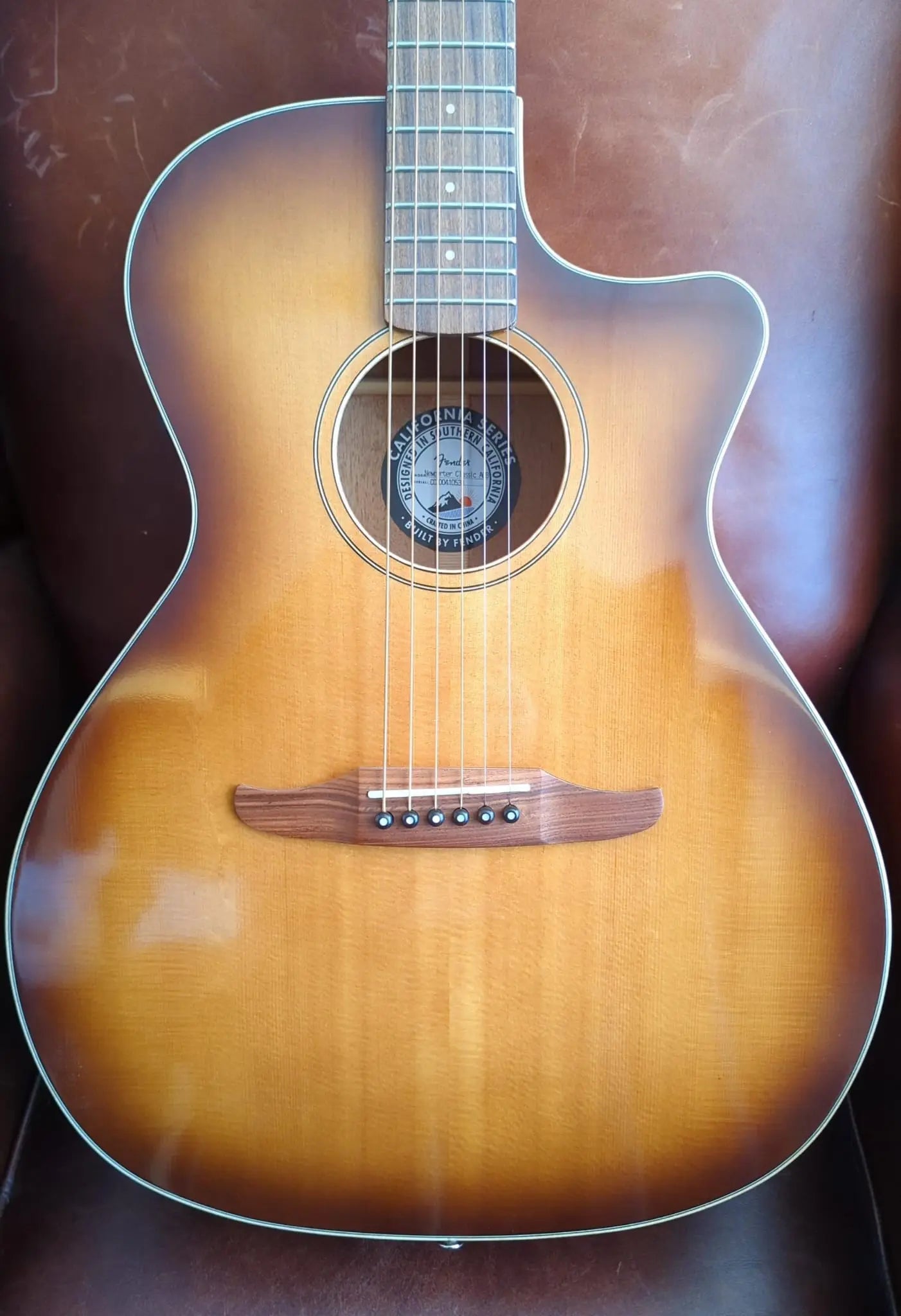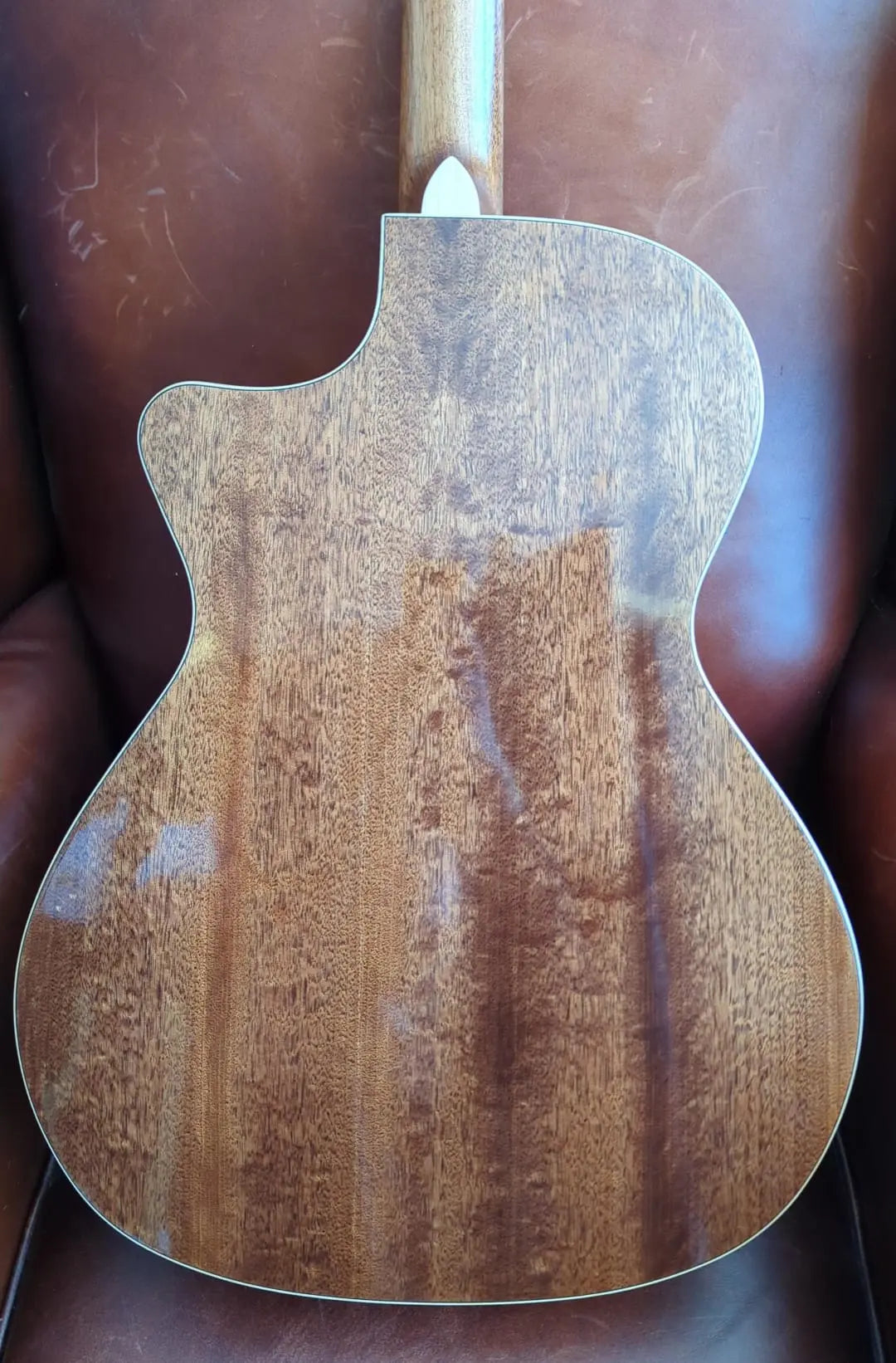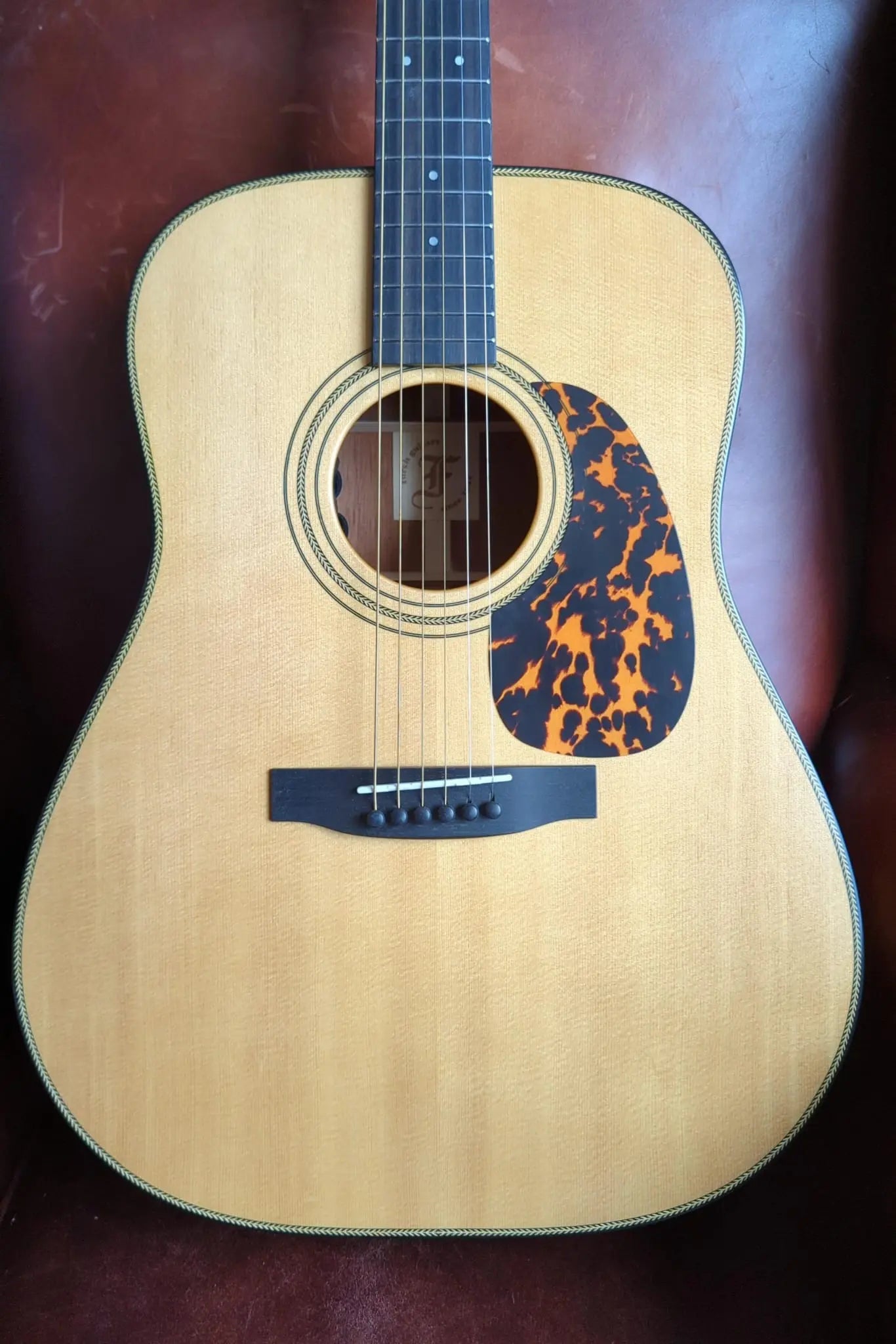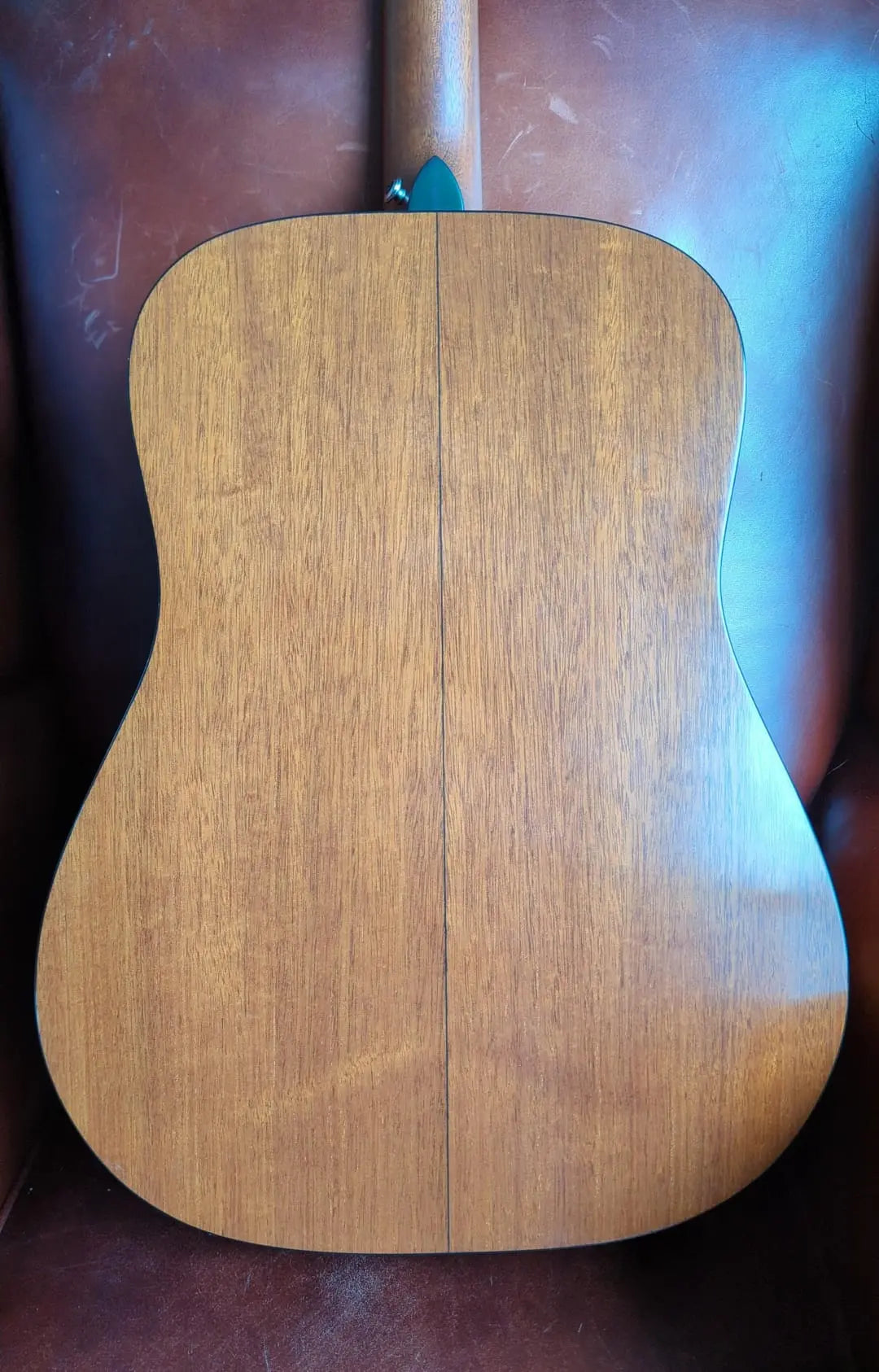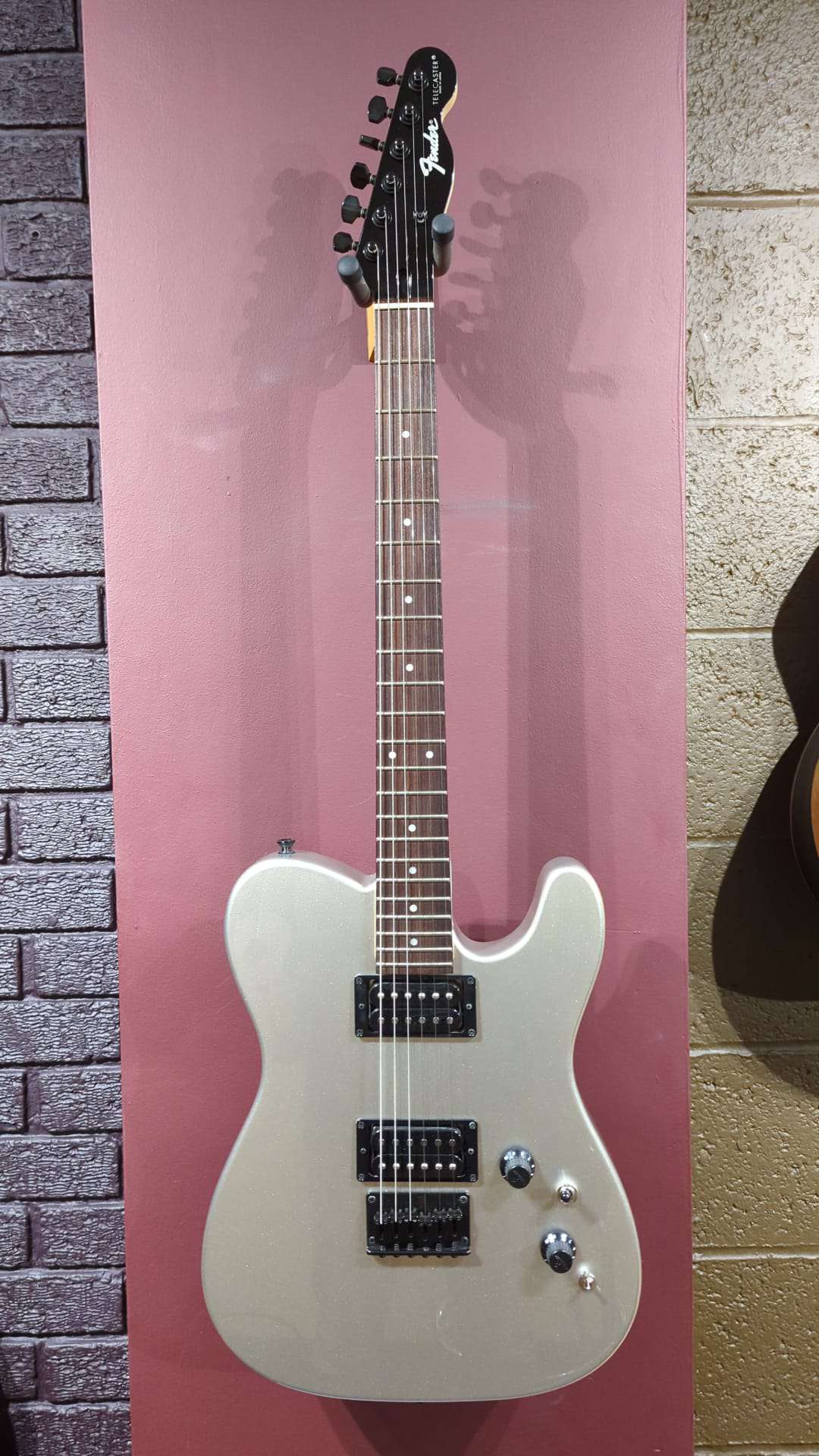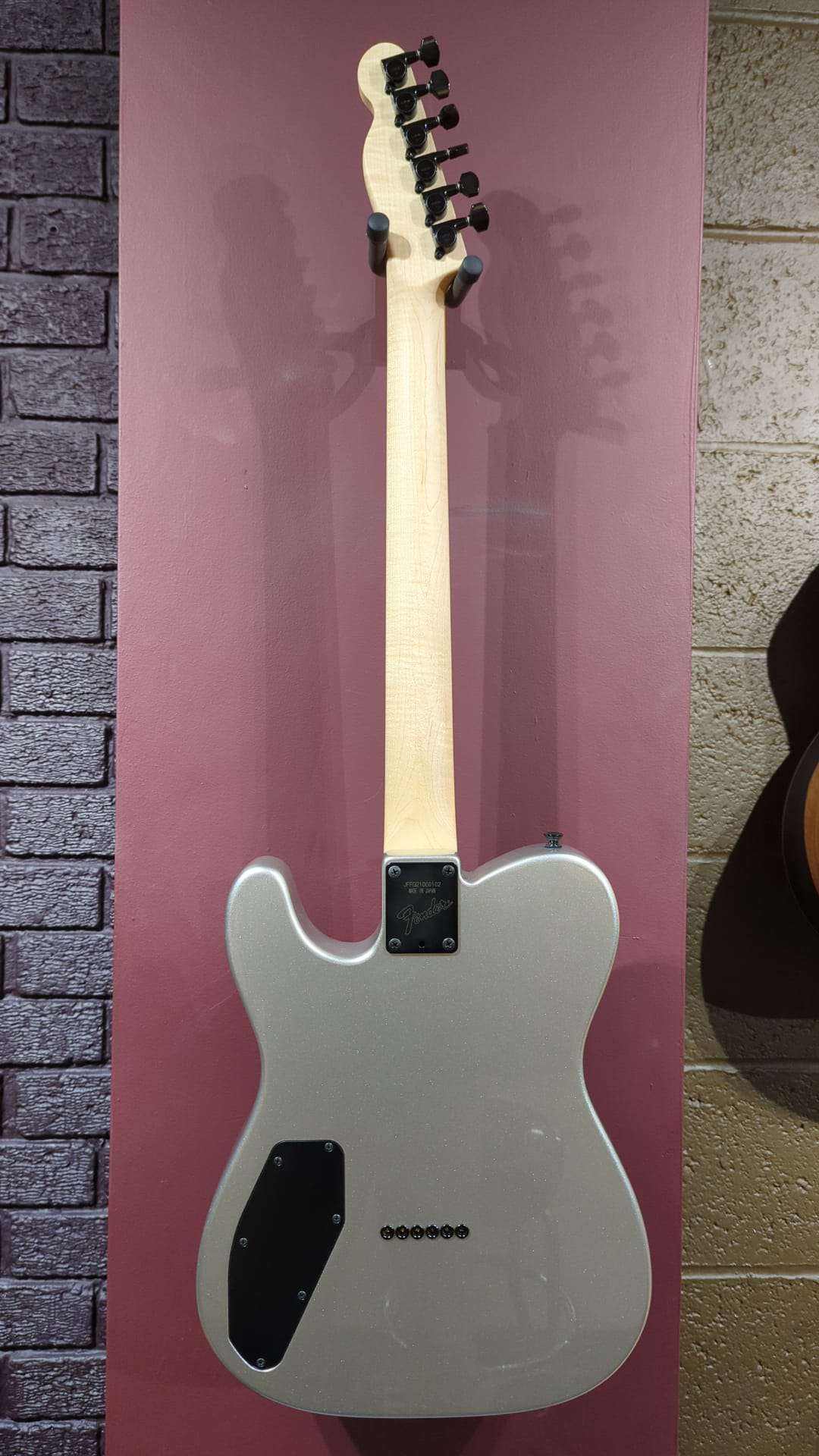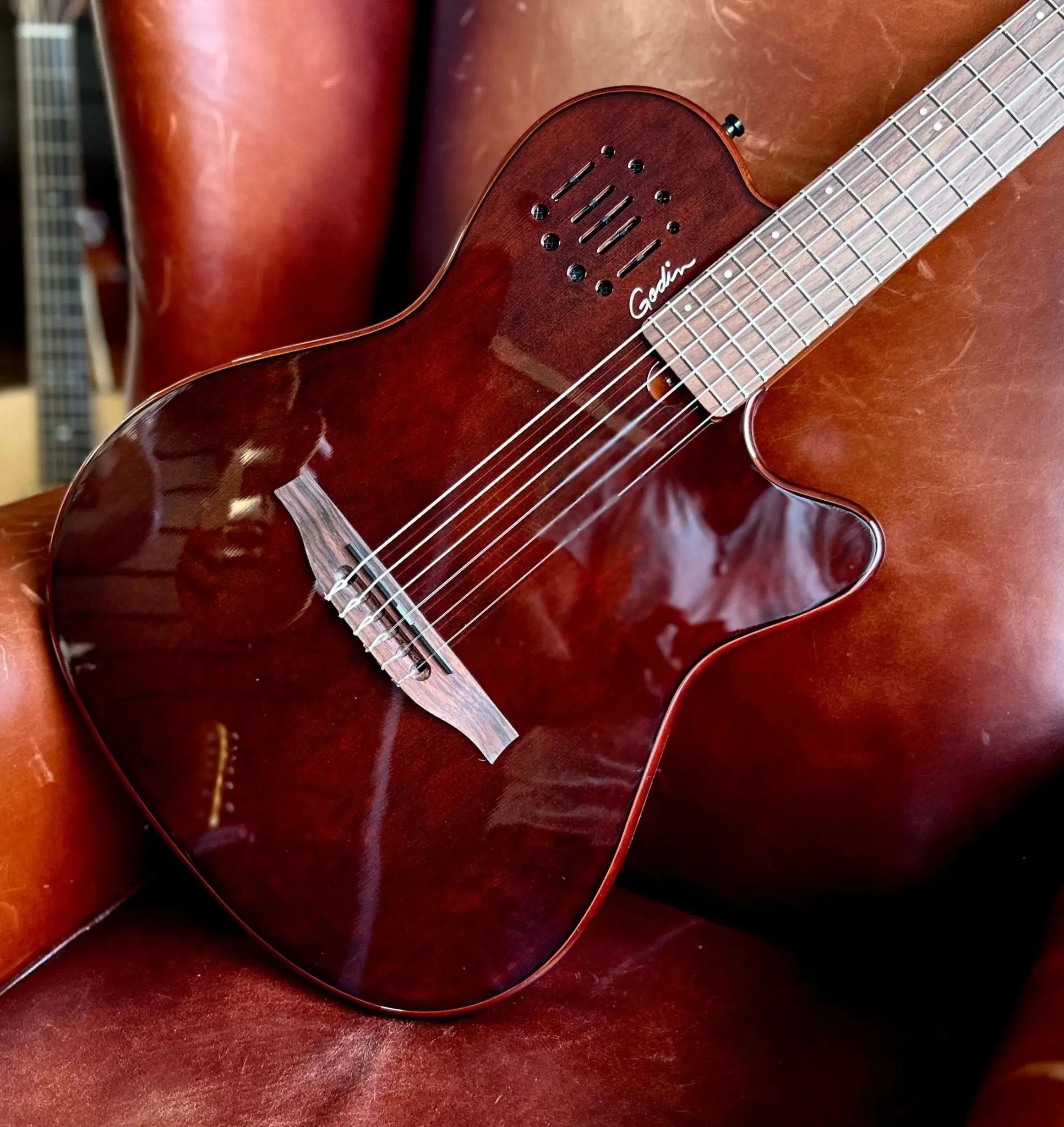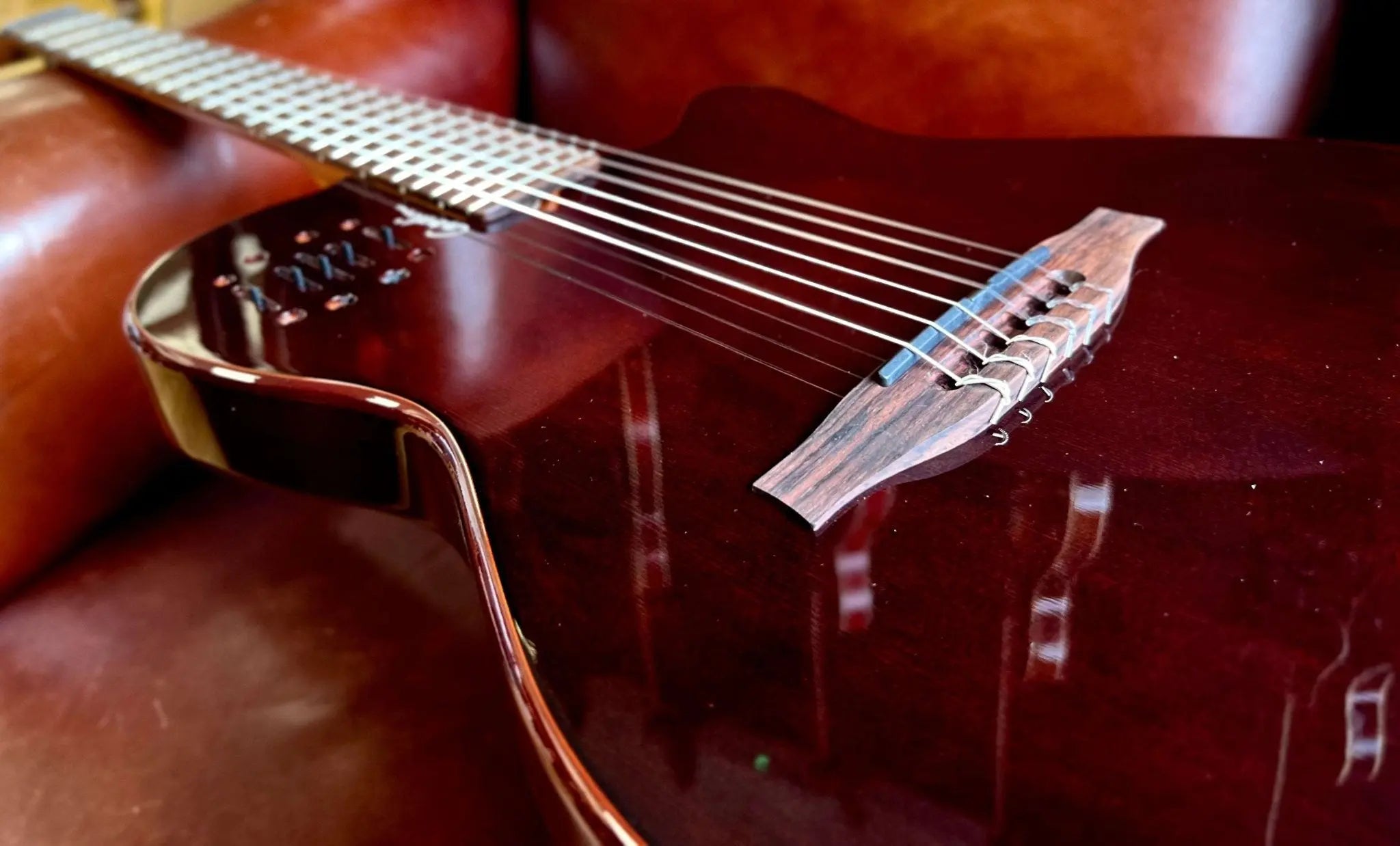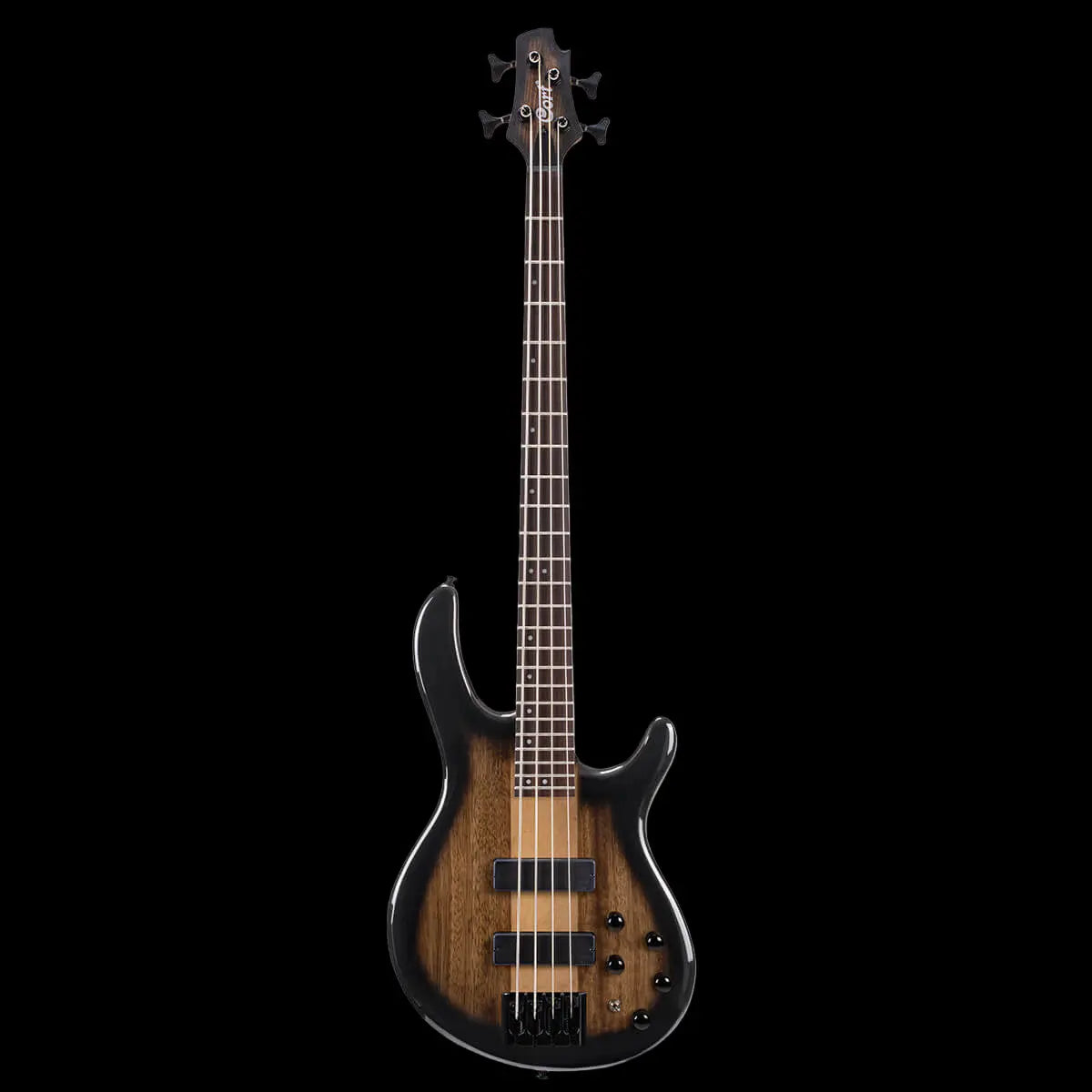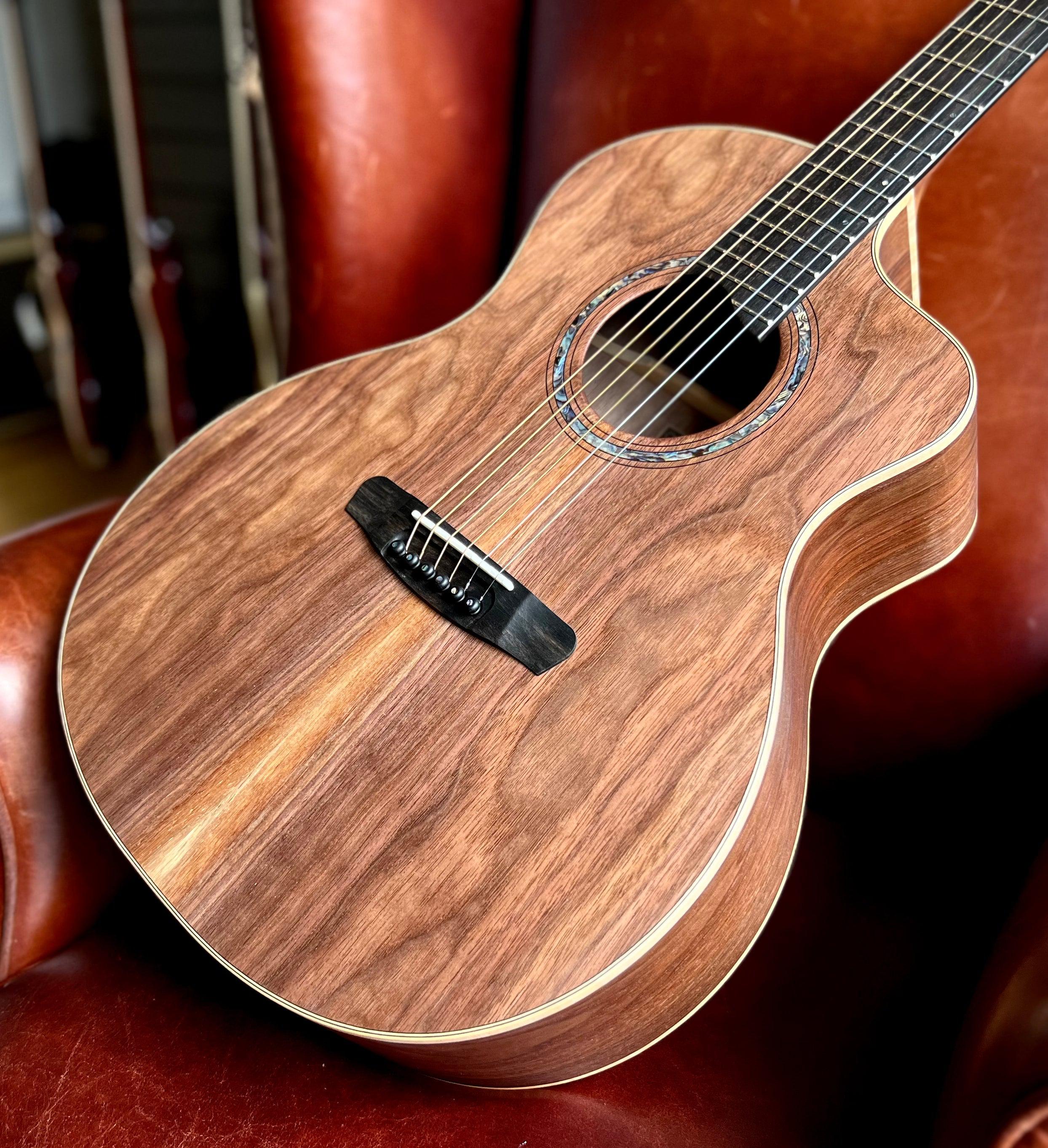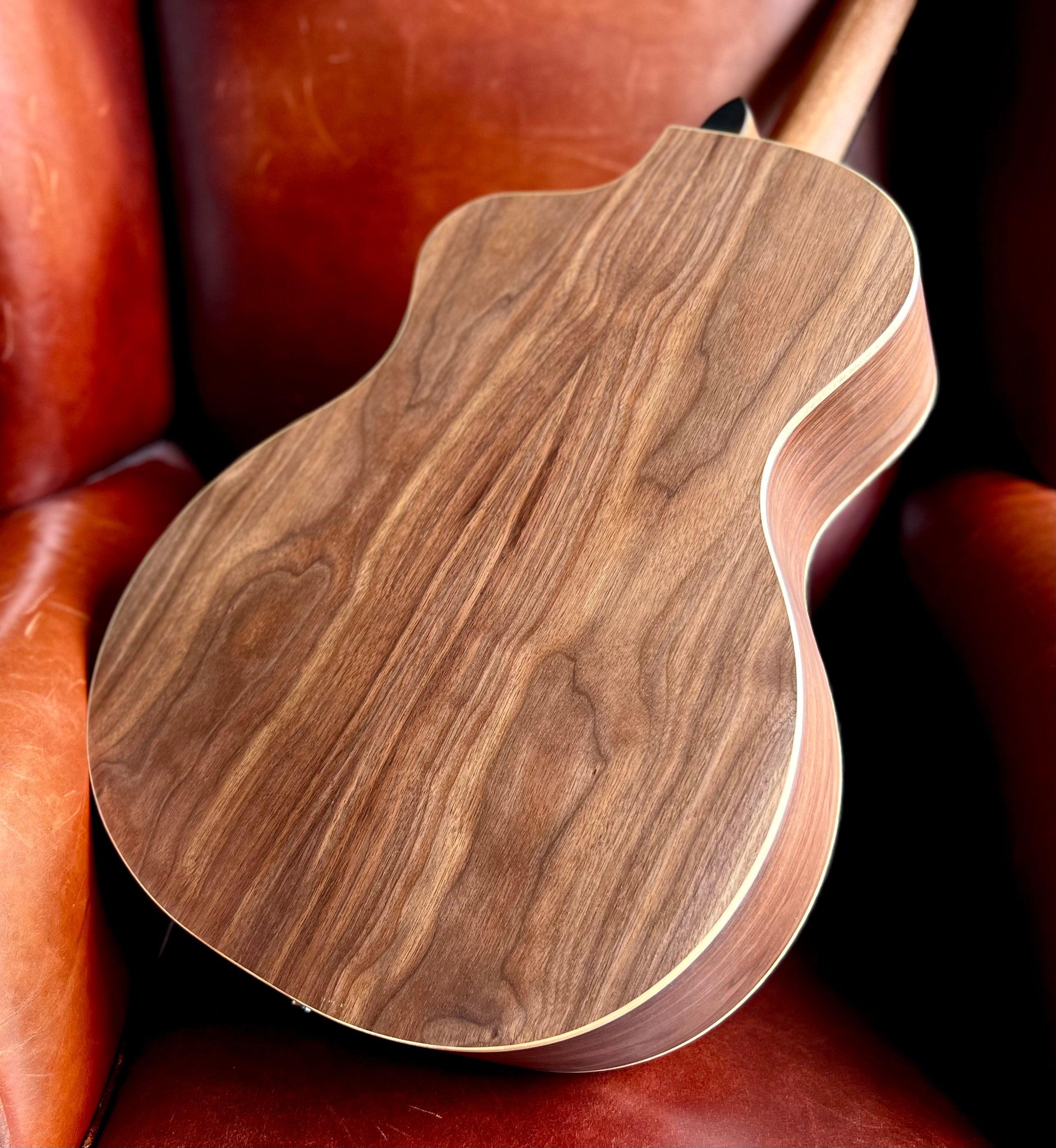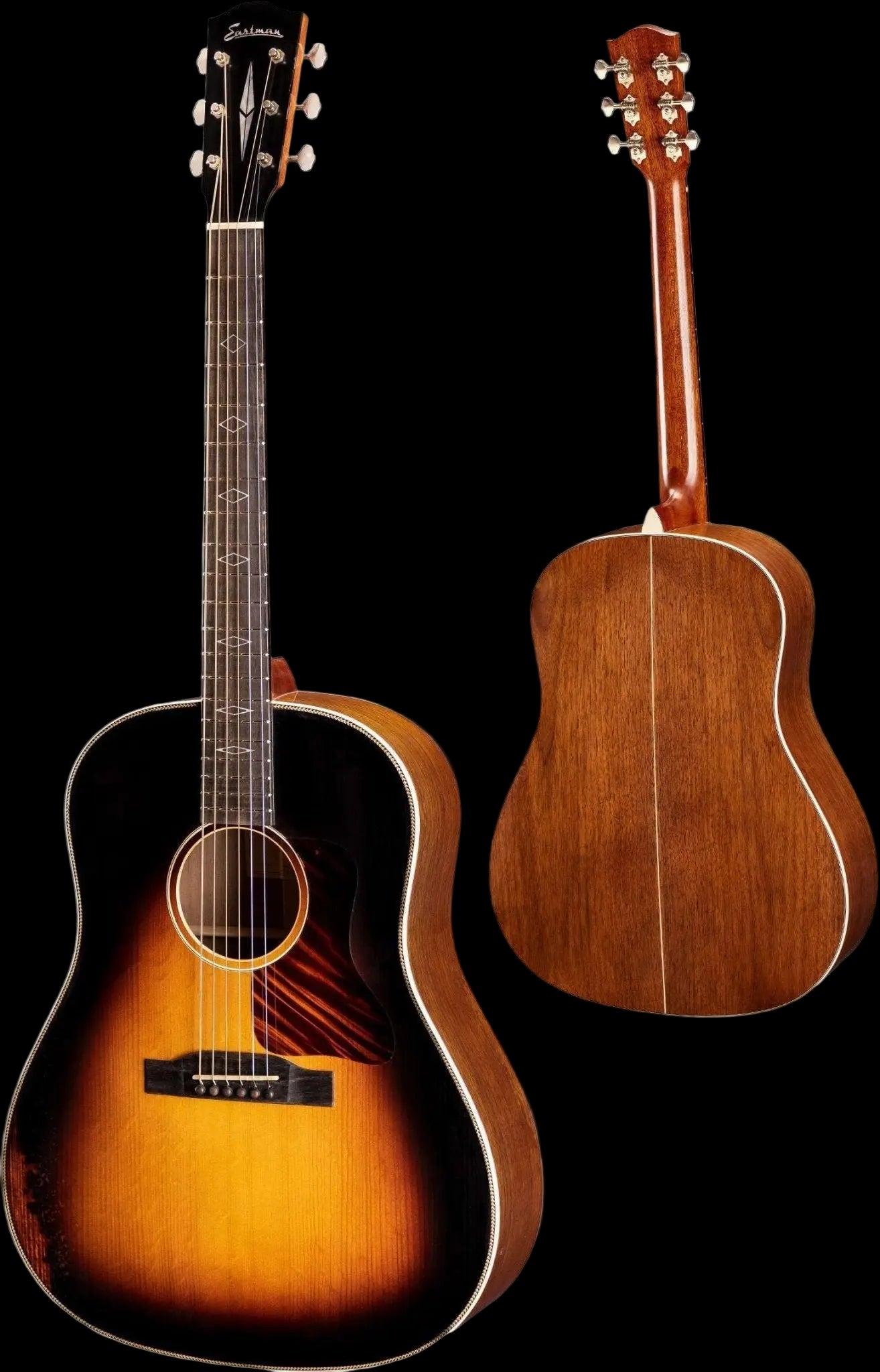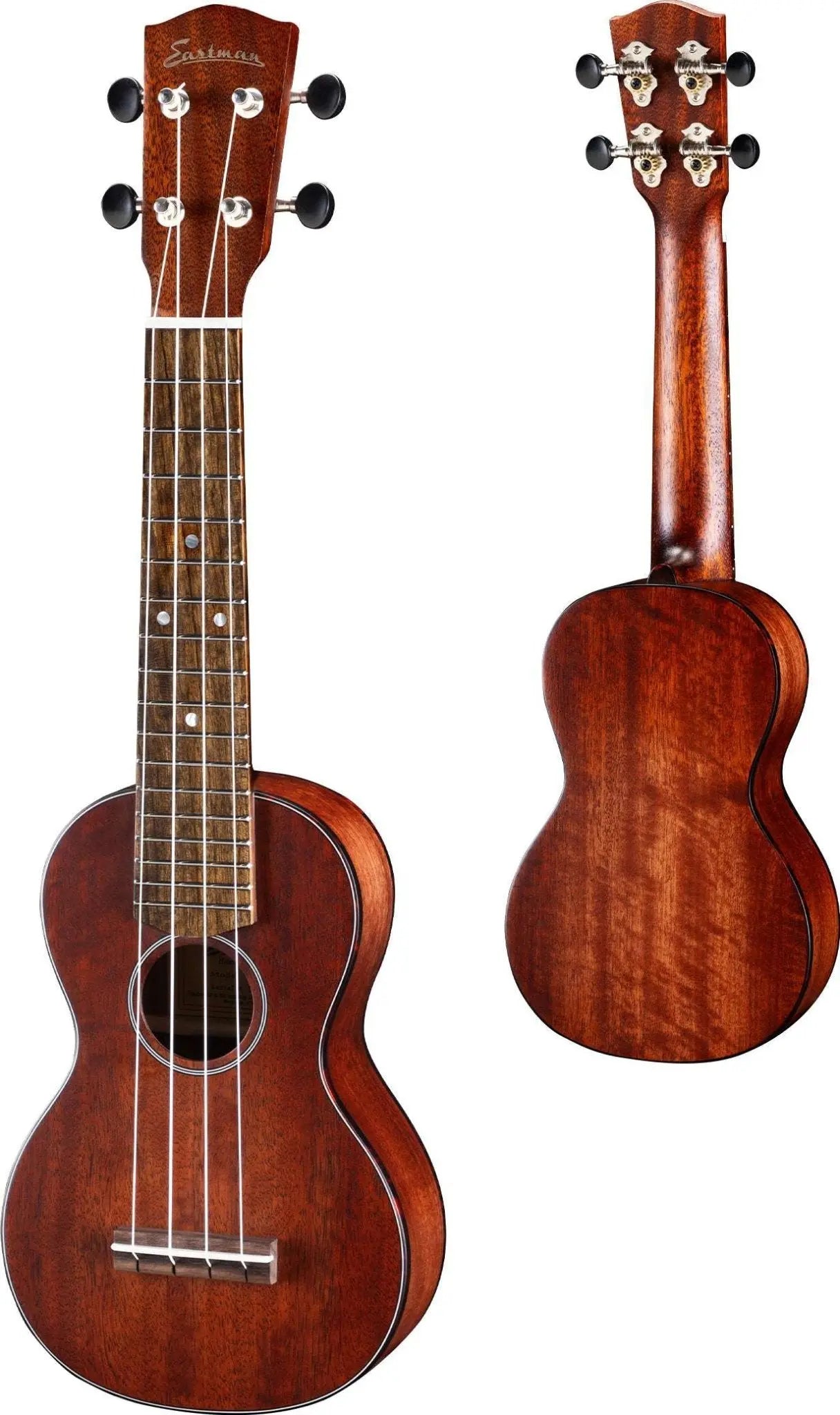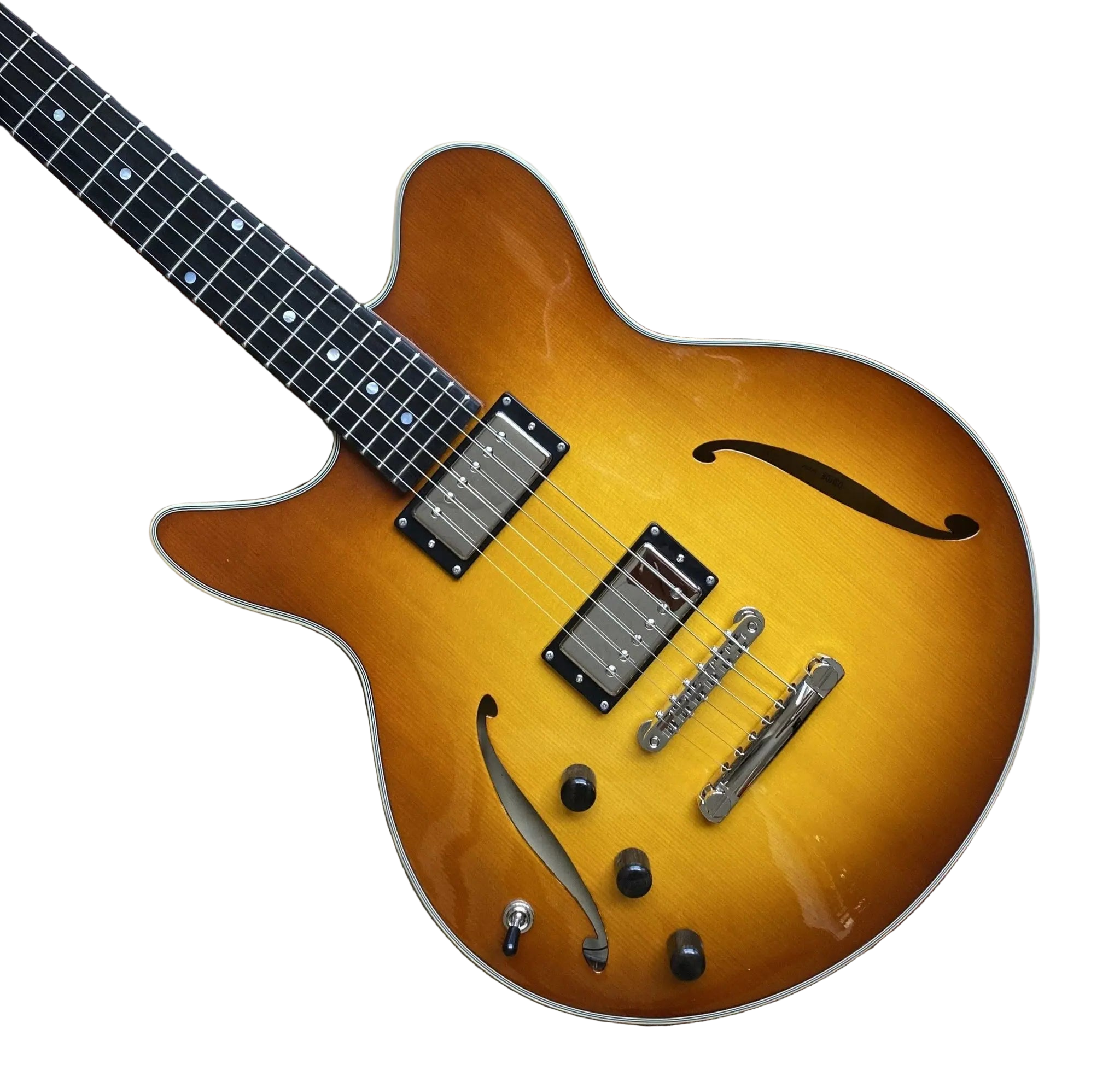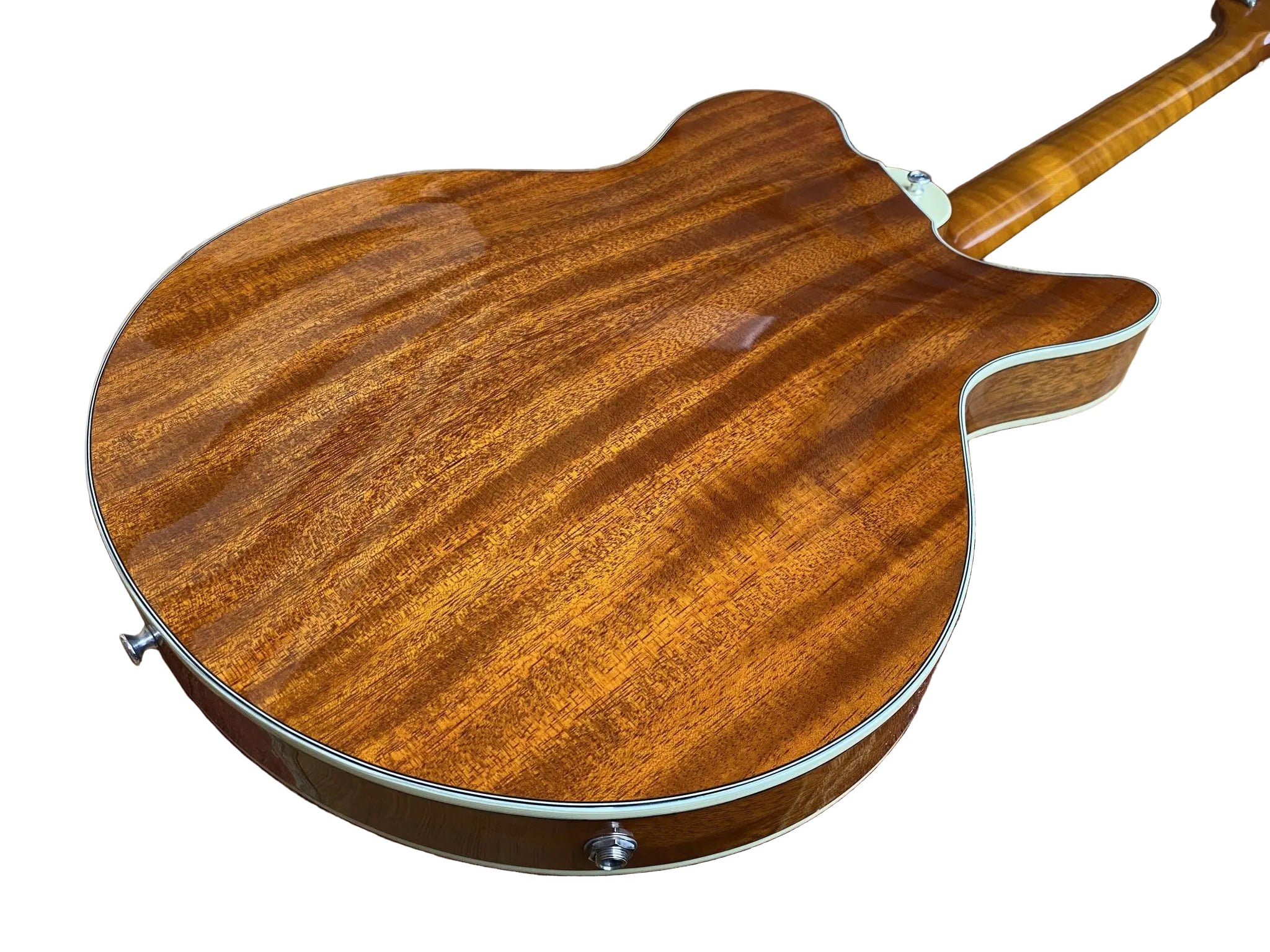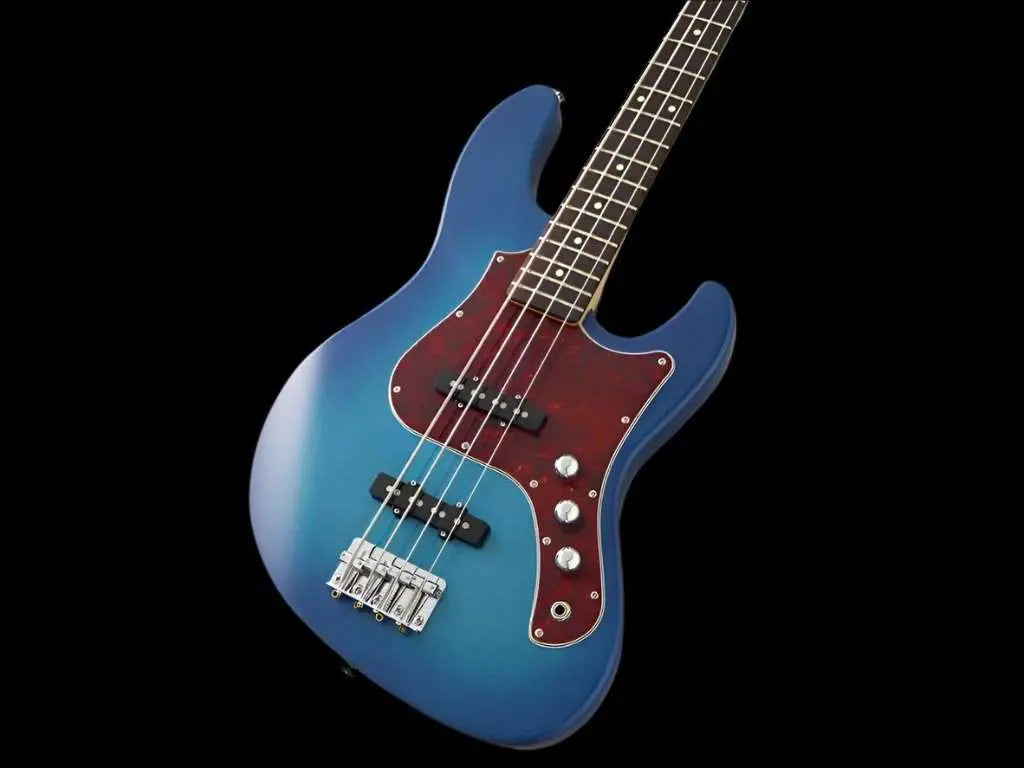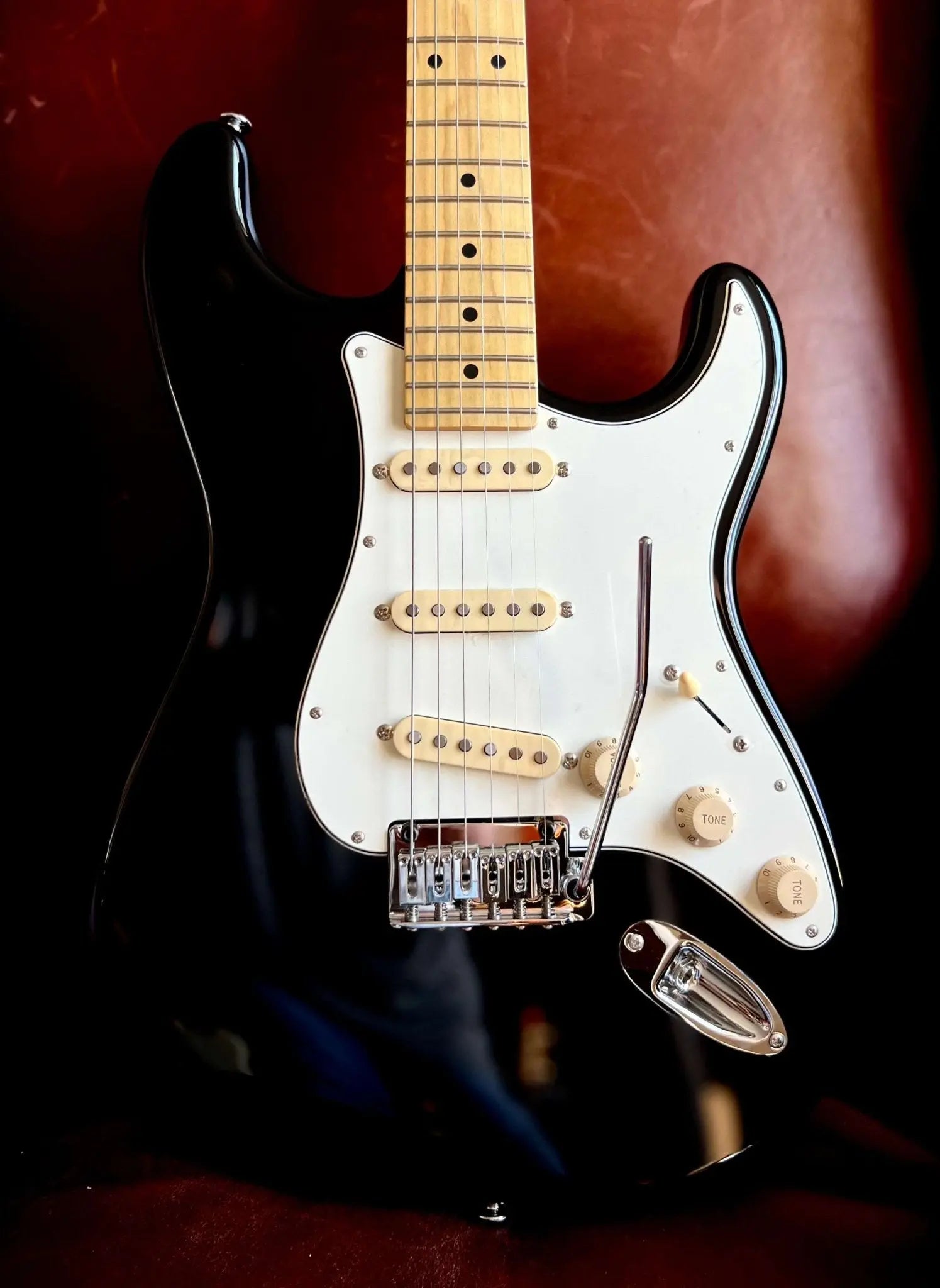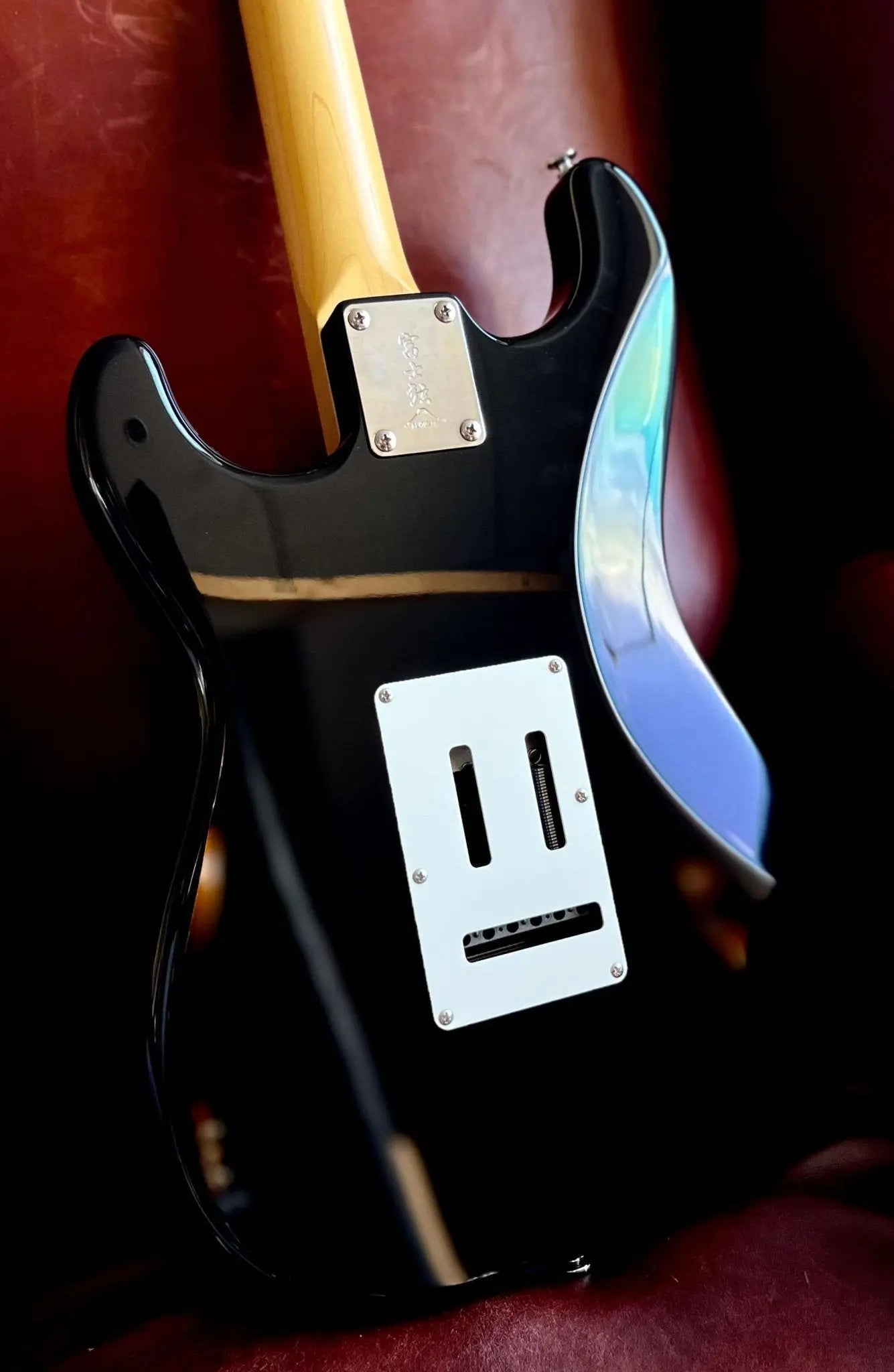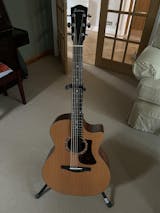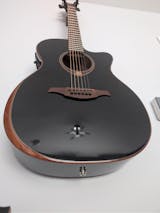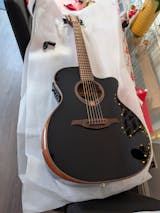Should I Buy a Steel String or a Nylon Strung Acoustic Guitar?
Deciding between a nylon-string and a steel-string acoustic guitar depends on several factors, including the style of music you want to play, your skill level, and your personal preferences in terms of sound and playability. Here's a breakdown of the factors to consider when choosing between the two:
Reasons to Choose a Nylon-String Acoustic Guitar
-
Musical Style: If you're interested in playing classical, flamenco, bossa nova, jazz, or certain types of folk music, a nylon-string guitar is a great choice. The warm, mellow tones of nylon strings complement these styles well and provide the traditional sound associated with them.
-
Fingerstyle Playing: Nylon-string guitars are particularly well-suited for fingerstyle playing. Their softer strings are easier on the fingers, especially for beginners or those who prefer not to use a pick. This makes them a good choice if you want to focus on fingerpicking techniques or play more intricate melodies.
-
Comfort and Playability: Nylon strings are generally softer and easier on the fingers than steel strings, which can be helpful if you're new to guitar or if you have sensitive fingertips. The necks of nylon-string guitars are typically wider, which can make it easier to play individual notes and develop proper finger positioning for certain styles, though it may feel different if you're used to narrower necks.
-
Expressive and Dynamic Range: Nylon-string guitars offer a warm, intimate, and expressive sound. They are ideal if you want a guitar that responds well to subtle changes in dynamics and articulation. This can be appealing for players who focus on more nuanced, expressive playing.
Reasons to Choose a Steel-String Acoustic Guitar
-
Versatility Across Genres: Steel-string guitars are known for their bright, crisp, and projecting sound, which makes them suitable for a wide range of musical genres, including folk, rock, country, blues, pop, and more. If you plan to play in various musical styles, a steel-string guitar offers more versatility.
-
Louder Volume and Greater Projection: Steel strings produce a louder, more dynamic sound with greater sustain, which can be beneficial for live performances, particularly if you need to project over other instruments. They also tend to have a punchy and resonant quality that cuts through in ensemble settings.
-
Strumming and Picking: If you prefer strumming with a pick or want a guitar that is great for rhythm playing, a steel-string guitar is ideal. The strings respond well to vigorous strumming, flat-picking, and a variety of picking techniques.
-
Popular Choice for Modern Music: Steel-string acoustic guitars are commonly used in most modern music genres, and you'll find that they are often the go-to choice for singer-songwriters, folk musicians, and those who perform contemporary acoustic music. If you see yourself playing in these styles, a steel-string guitar is likely a better fit.
Other Factors to Consider
-
Sound Preferences: Think about the sound you prefer. Do you enjoy a warm, mellow tone (nylon) or a bright, vibrant tone (steel)? Listen to recordings or try playing both types of guitars to see which sound resonates with you more.
-
Physical Comfort: Consider the feel of the guitar. Nylon-string guitars have a wider neck and softer strings, which can feel more comfortable for some players. Steel-string guitars have a narrower neck and higher tension strings, which may feel more familiar if you've played other types of guitars before.
-
Skill Level and Goals: If you're a beginner, either type of guitar can work depending on your goals and musical interests. Nylon-string guitars are often easier on the fingers, which can be an advantage for new players, but steel-string guitars are versatile and can be more useful for playing a variety of music.
Conclusion
Ultimately, the decision comes down to your musical interests, sound preferences, and playing comfort. If you’re drawn to classical or fingerstyle playing, or if you want a softer, more mellow sound, a nylon-string guitar is a great choice. On the other hand, if you want versatility, louder projection, and a bright, modern tone suitable for a wide range of genres, a steel-string guitar will likely be the better option.
If possible, try playing both types at a music store to see which feels more comfortable and sounds more appealing to you. Whichever guitar you choose, it should inspire you to play and enjoy making music!


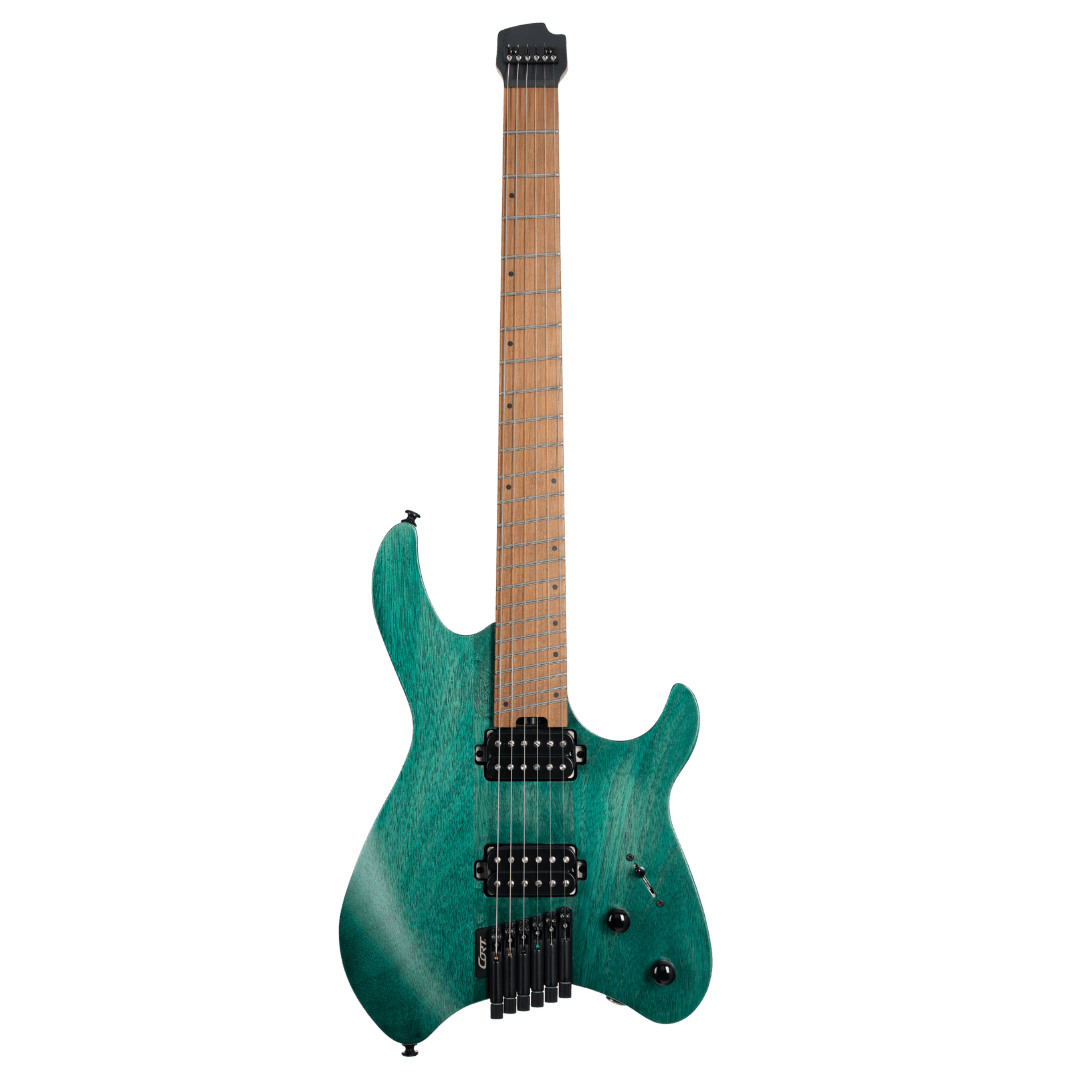
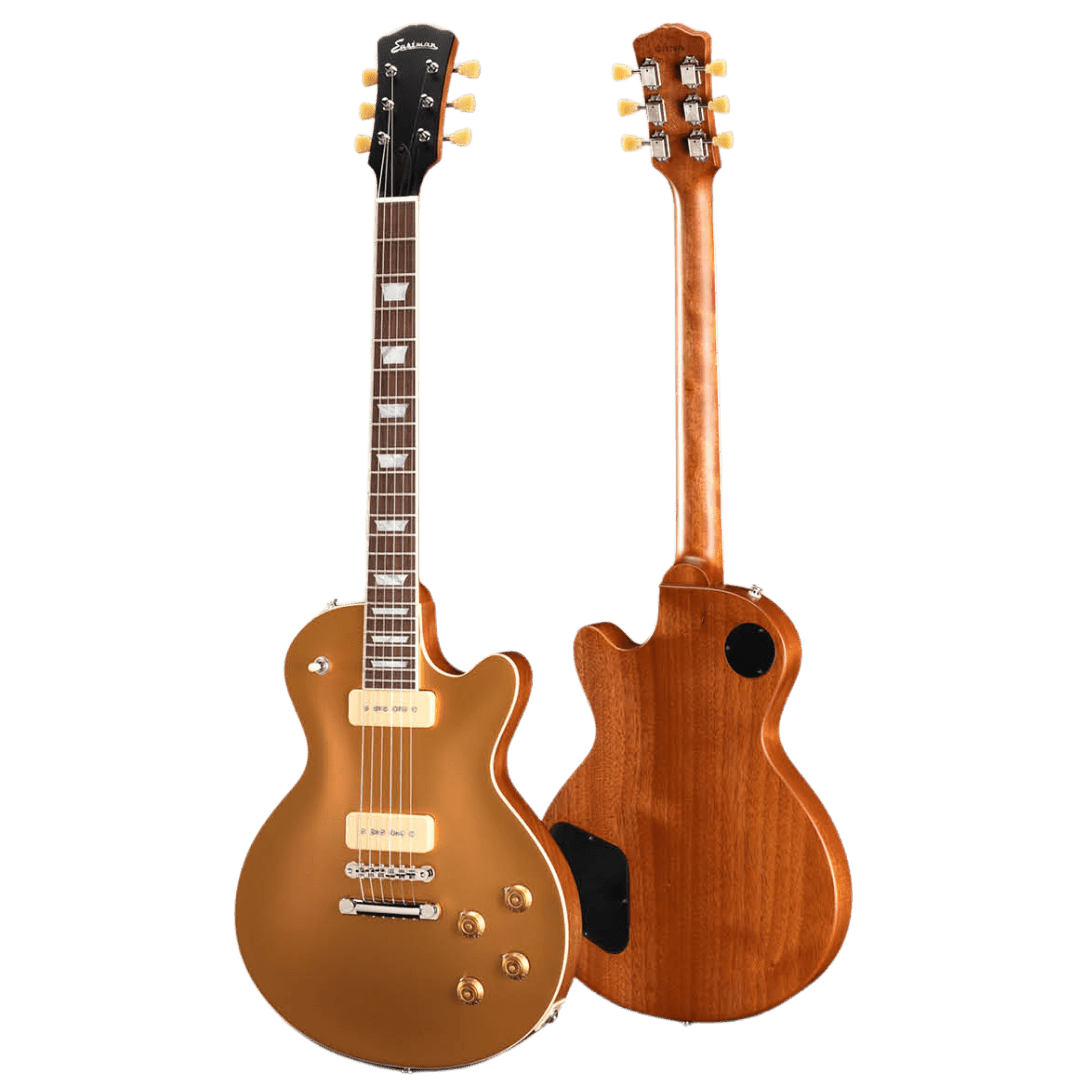
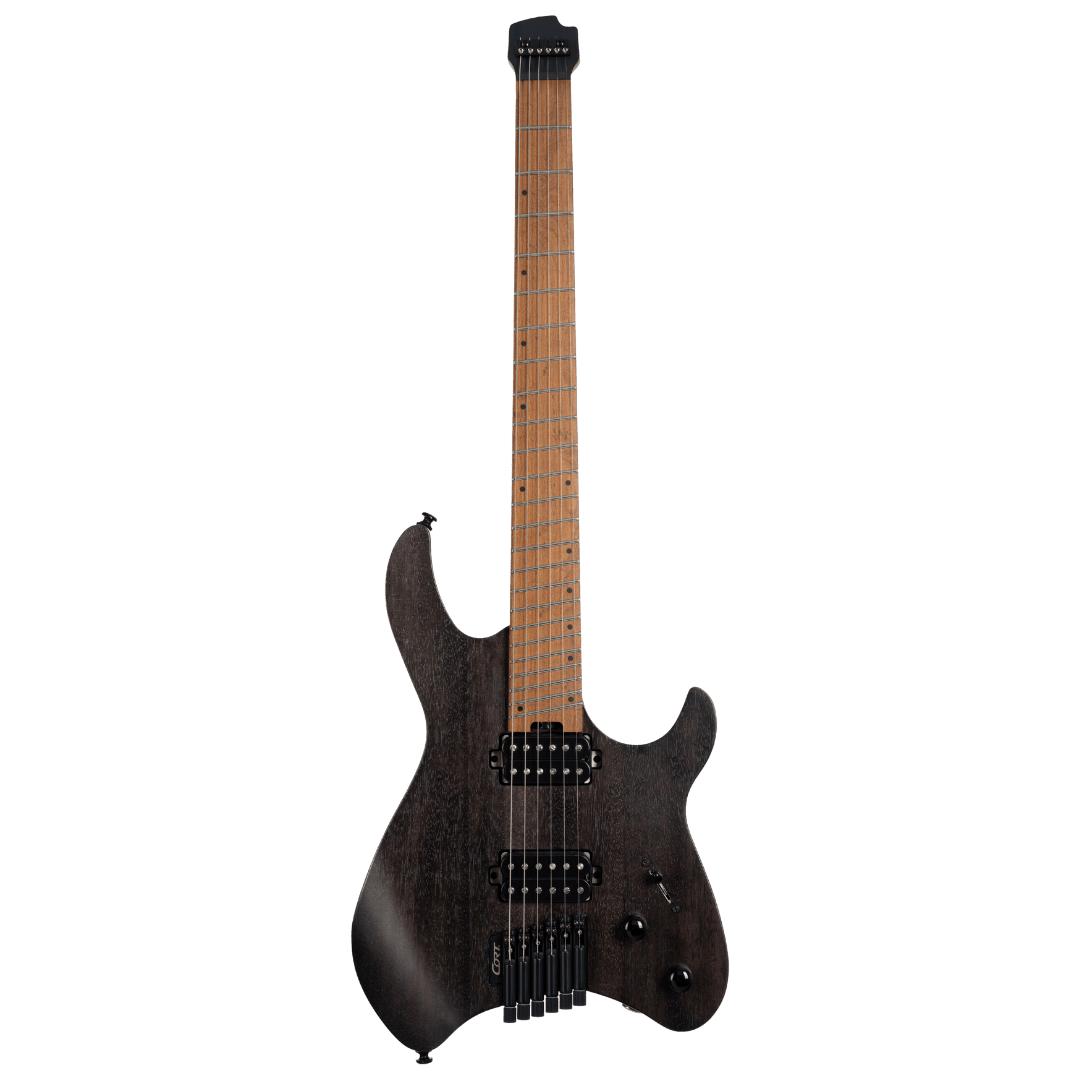

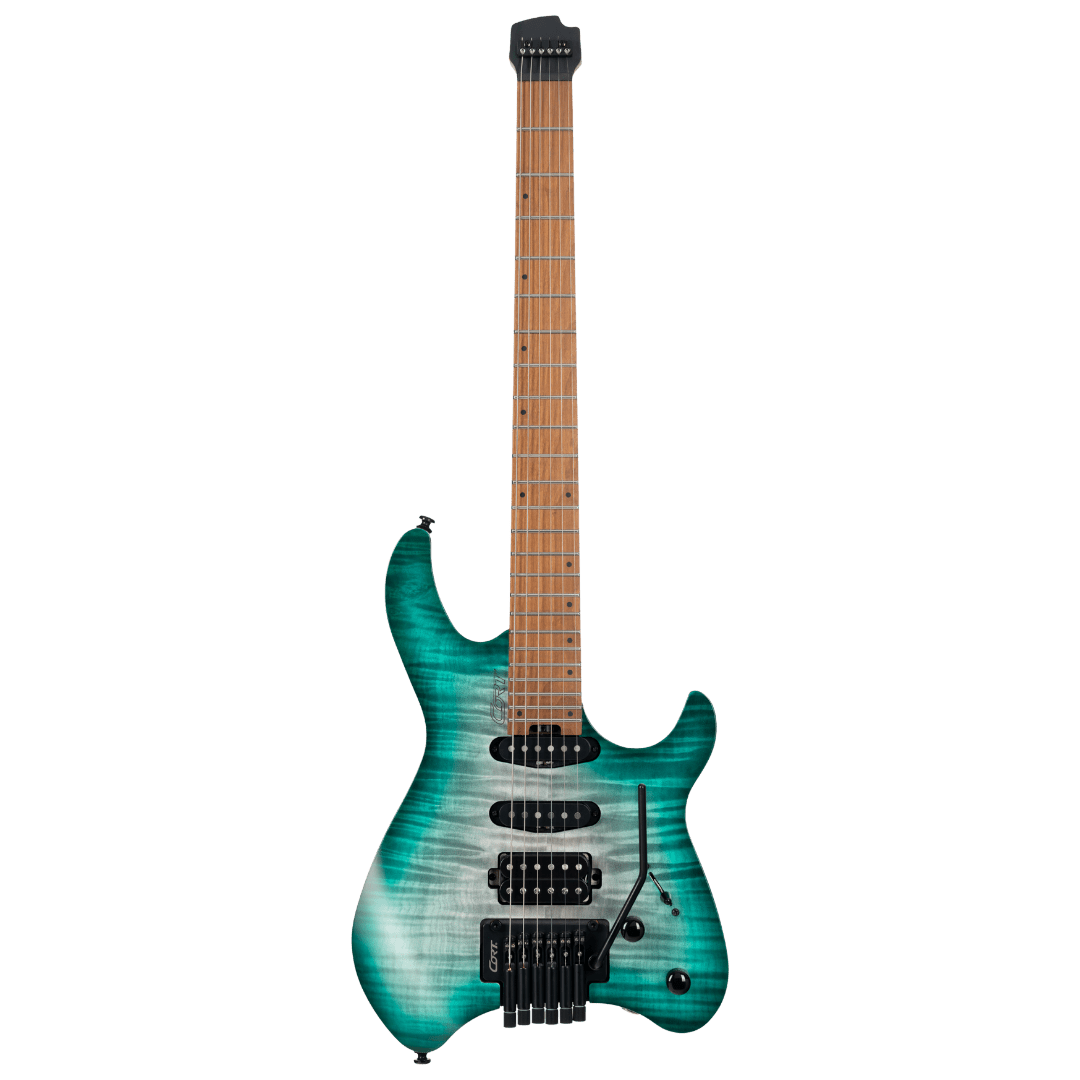

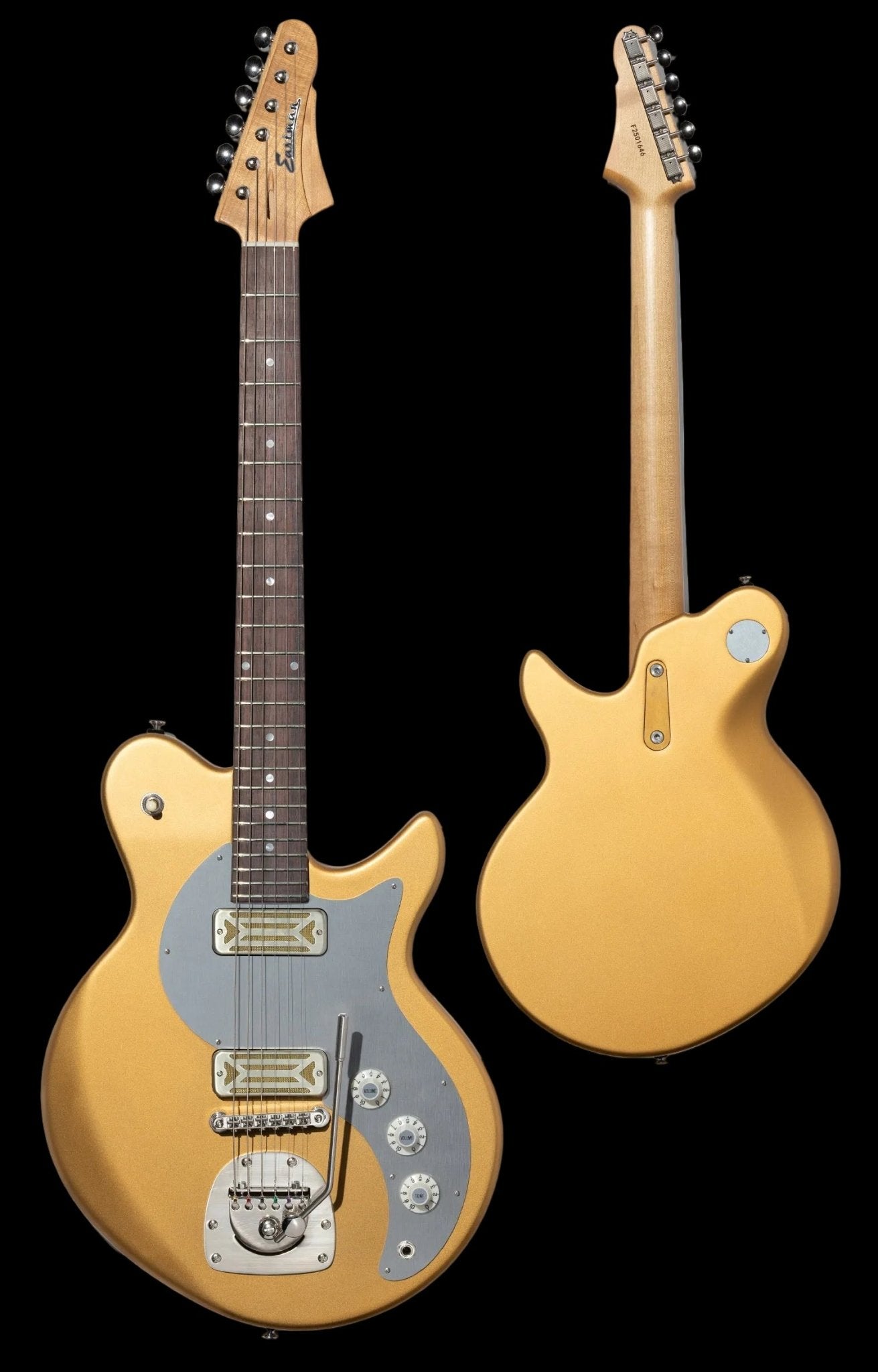

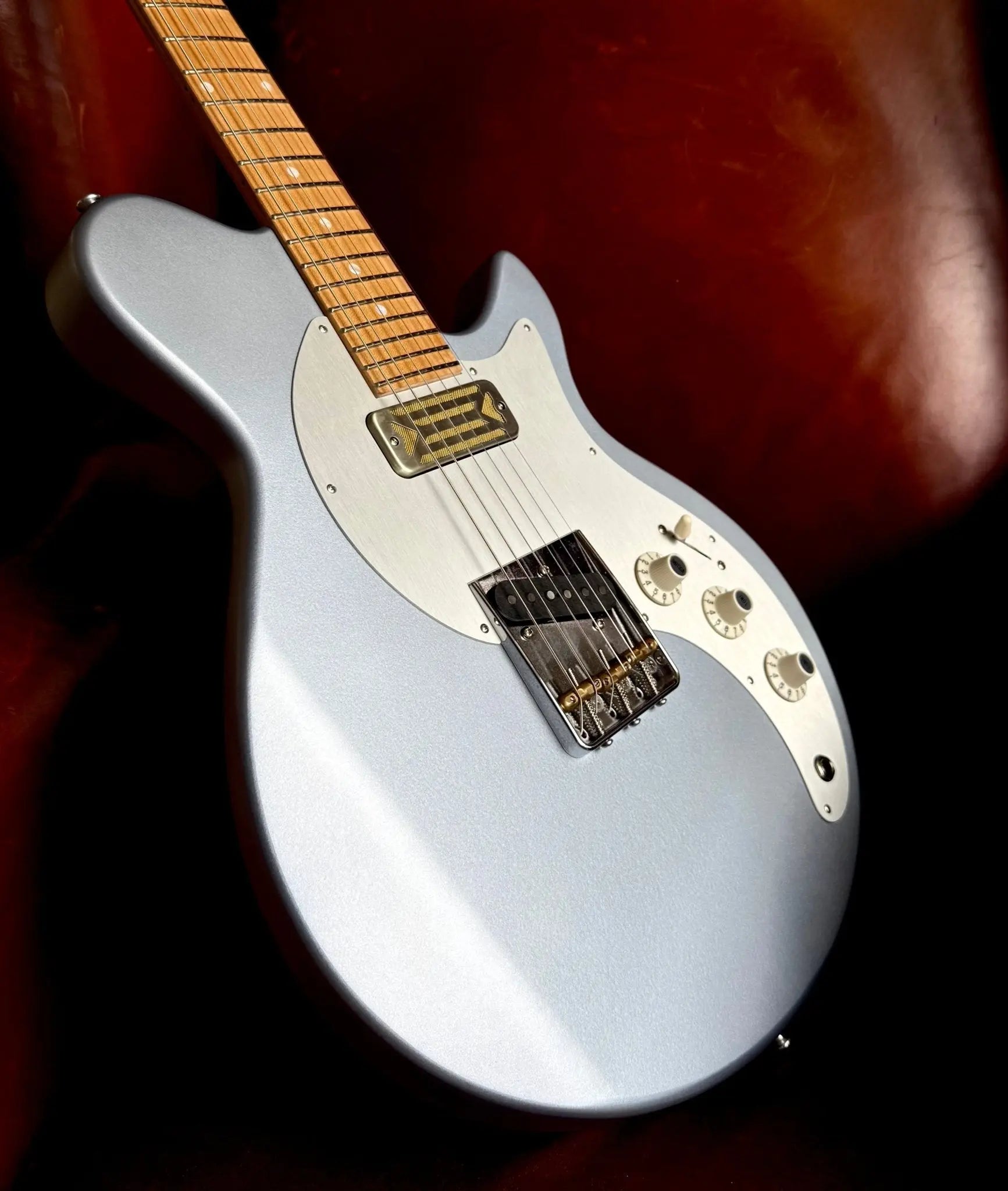
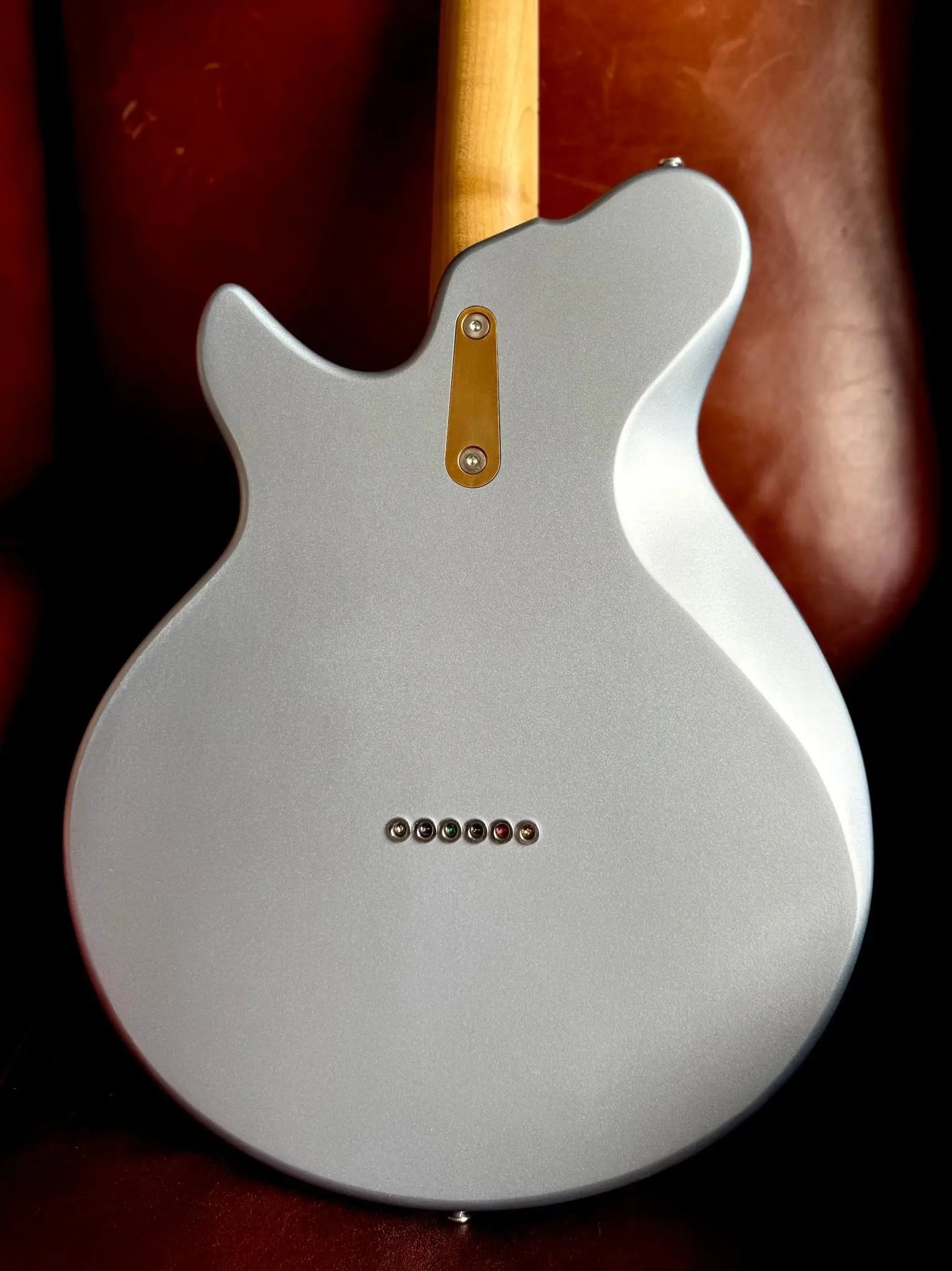


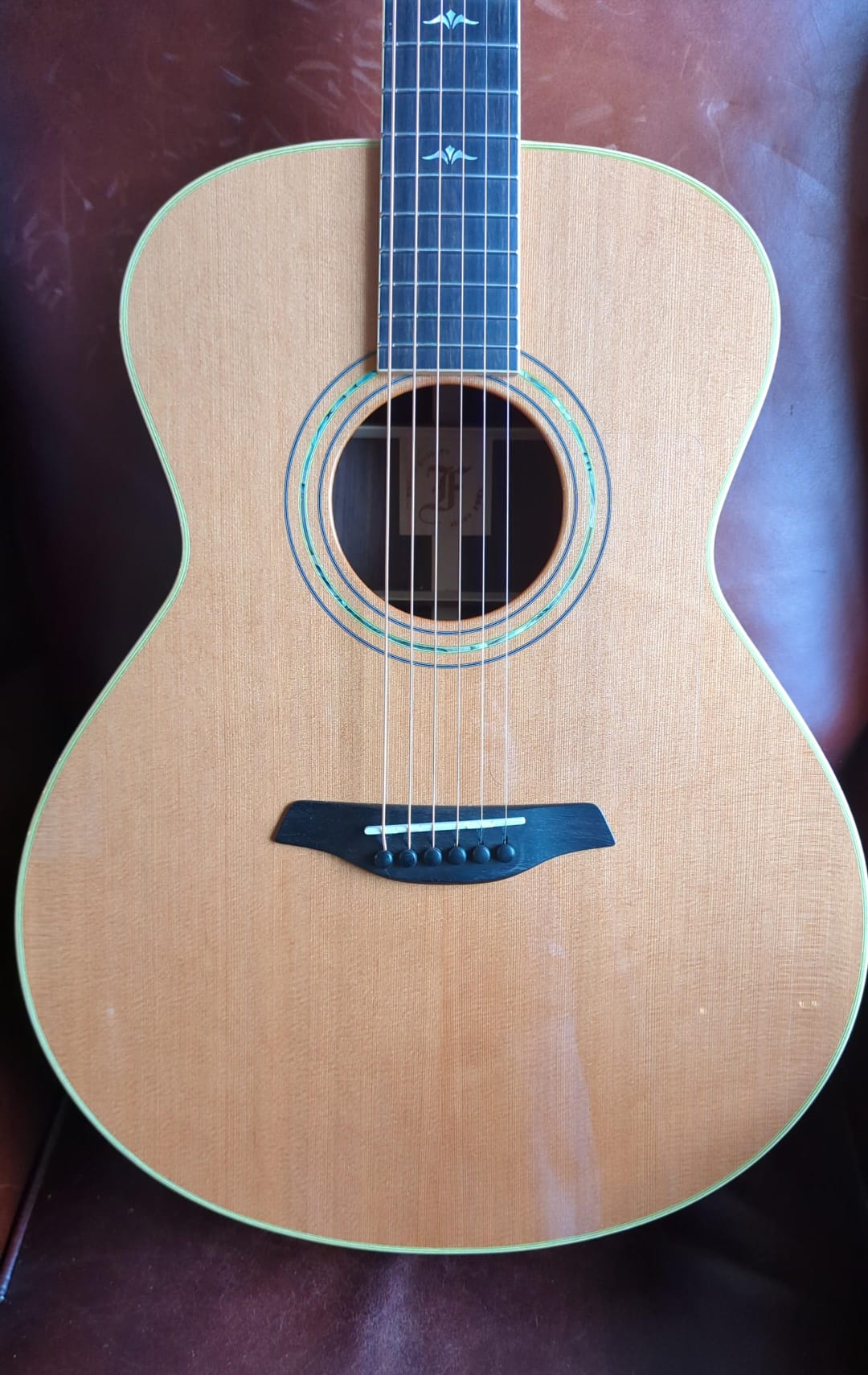
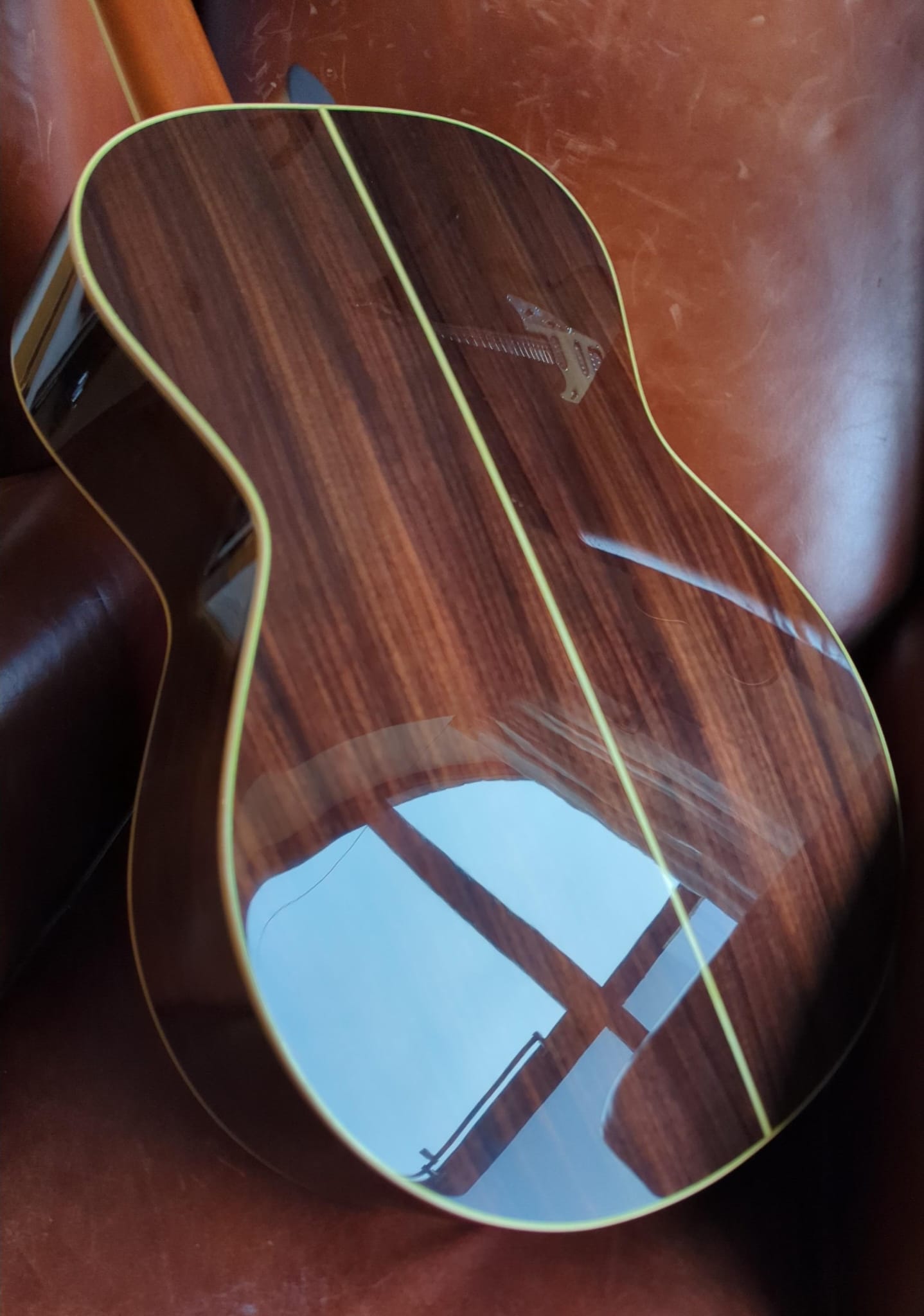
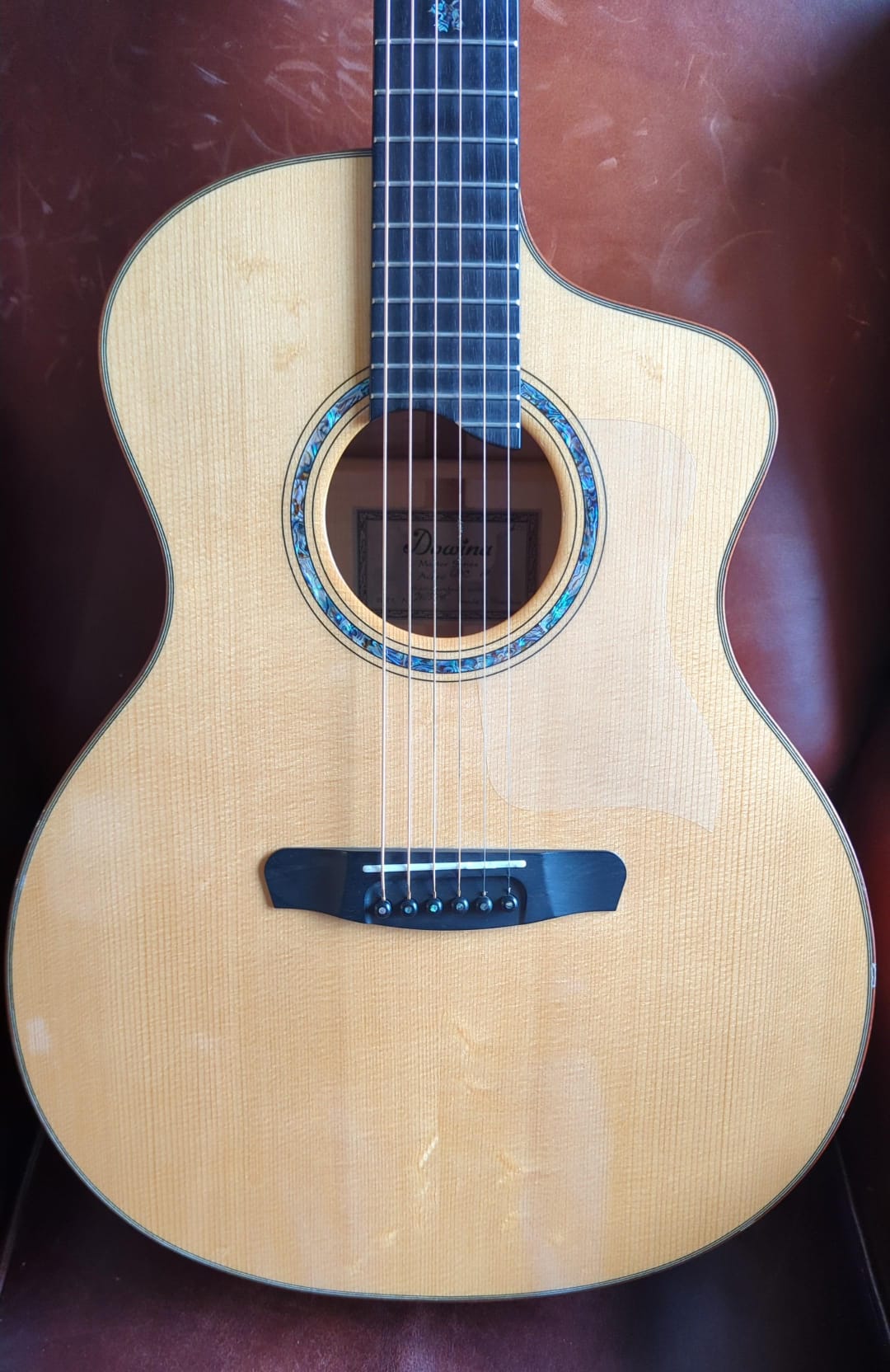
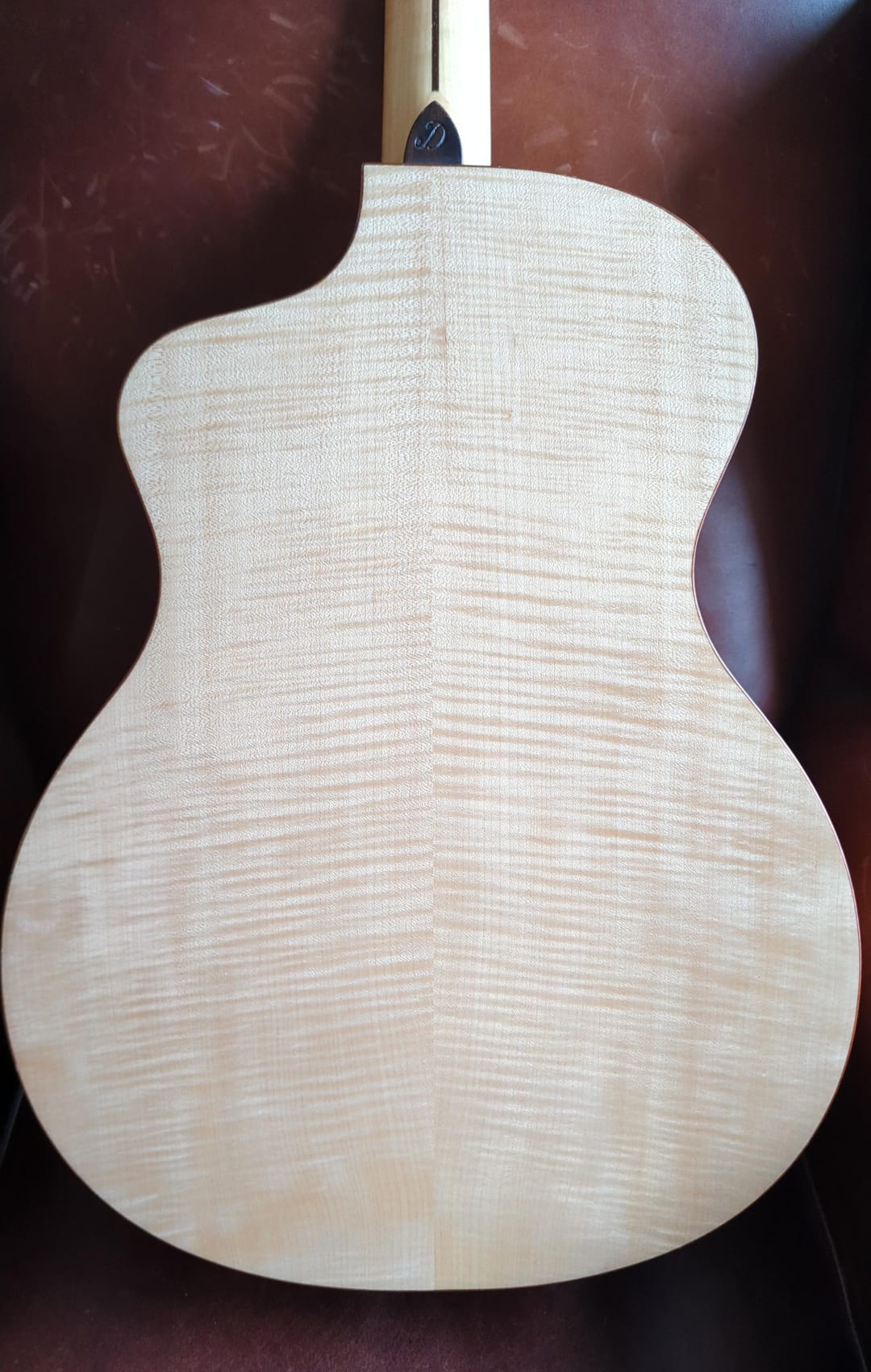
![Gordon Smith GS2 Deluxe Export 2019 [used] A1 Condition - Richards Guitars Of Stratford Upon Avon](http://rguitars.co.uk/cdn/shop/files/gordon-smith-gs2-deluxe-export-2019-used-a1-condition-4323398.jpg?v=1766153718&width=1072)
![Gordon Smith GS2 Deluxe Export 2019 [used] A1 Condition - Richards Guitars Of Stratford Upon Avon](http://rguitars.co.uk/cdn/shop/files/gordon-smith-gs2-deluxe-export-2019-used-a1-condition-9502671.jpg?v=1766153718&width=899)
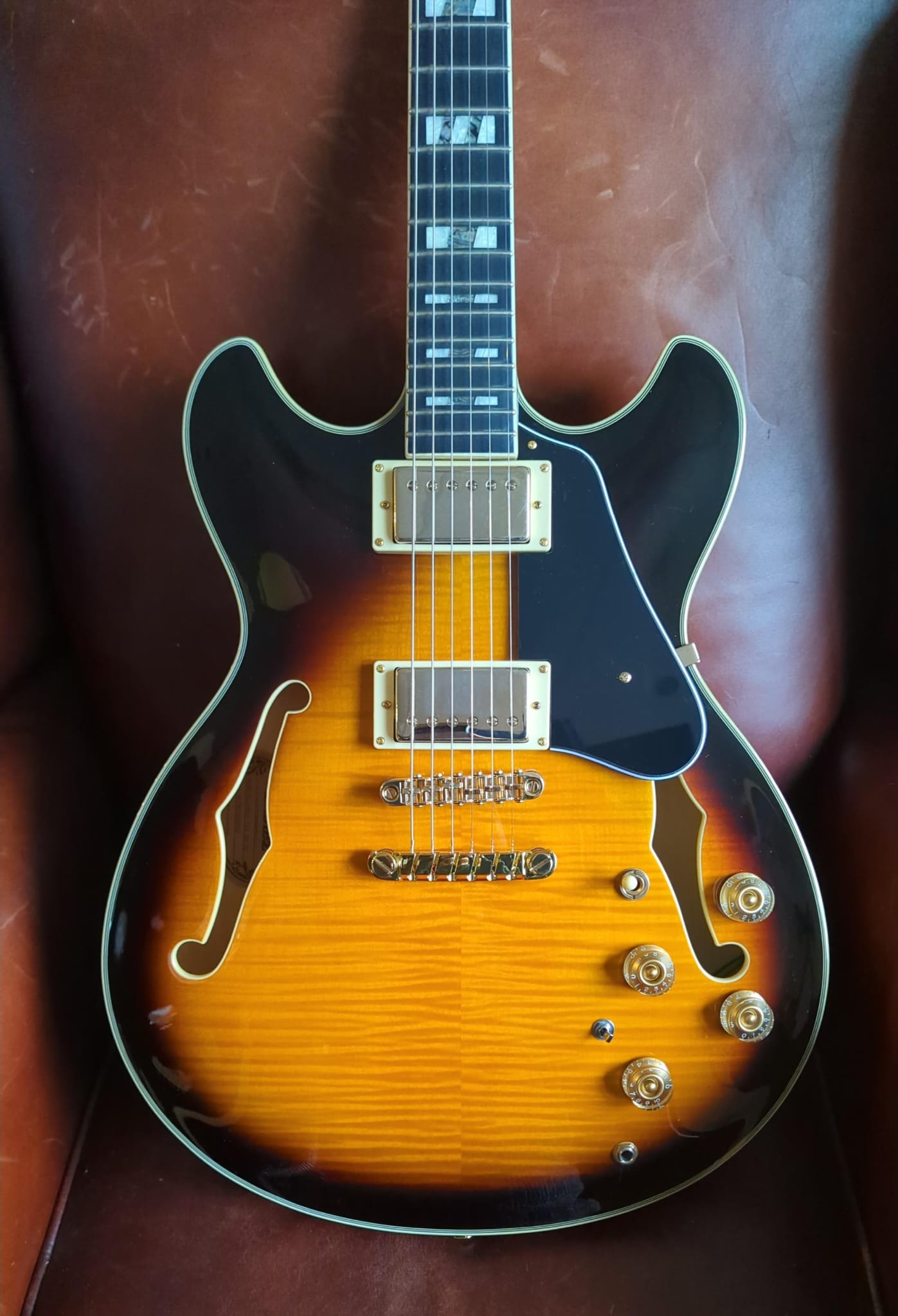

![G&L USA Made ASAT - late 80s/early 90s [Used] - Richards Guitars Of Stratford Upon Avon](http://rguitars.co.uk/cdn/shop/files/gl-usa-made-asat-late-80searly-90s-used-1091932.jpg?v=1761670676&width=1378)
![G&L USA Made ASAT - late 80s/early 90s [Used] - Richards Guitars Of Stratford Upon Avon](http://rguitars.co.uk/cdn/shop/files/gl-usa-made-asat-late-80searly-90s-used-7964817.jpg?v=1761670677&width=1828)
![Eastman AC630 - SB [Used] - Richards Guitars Of Stratford Upon Avon](http://rguitars.co.uk/cdn/shop/files/eastman-ac630-sb-used-5743157.jpg?v=1760421581&width=1080)
![Eastman AC630 - SB [Used] - Richards Guitars Of Stratford Upon Avon](http://rguitars.co.uk/cdn/shop/files/eastman-ac630-sb-used-2967411.jpg?v=1760421593&width=1569)
![Fender American Standard Telecaster 2012 - Natural [Used] guitar for sale uk](http://rguitars.co.uk/cdn/shop/files/fender-american-standard-telecaster-2012-natural-used-4379607.jpg?v=1760421498&width=1614)
![Fender American Standard Telecaster 2012 - Natural [Used] guitar for sale uk](http://rguitars.co.uk/cdn/shop/files/fender-american-standard-telecaster-2012-natural-used-1429240.jpg?v=1760421497&width=1512)
![Fender American Professional II Jazzmaster - Dark Night [Used] guitar for sale uk](http://rguitars.co.uk/cdn/shop/files/fender-american-professional-ii-jazzmaster-dark-night-used-6840250.jpg?v=1760421430&width=1602)
![Fender American Professional II Jazzmaster - Dark Night [Used] guitar for sale uk](http://rguitars.co.uk/cdn/shop/files/fender-american-professional-ii-jazzmaster-dark-night-used-4375294.jpg?v=1760421432&width=1476)
![Guild Brian May "Red Special" Limited Edition - early 90s - One of 1000 [Used] guitar for sale uk](http://rguitars.co.uk/cdn/shop/files/guild-brian-may-red-special-limited-edition-early-90s-one-of-1000-used-6139630.jpg?v=1760421357&width=1492)
![Guild Brian May "Red Special" Limited Edition - early 90s - One of 1000 [Used] guitar for sale uk](http://rguitars.co.uk/cdn/shop/files/guild-brian-may-red-special-limited-edition-early-90s-one-of-1000-used-9797150.jpg?v=1760421365&width=1644)
